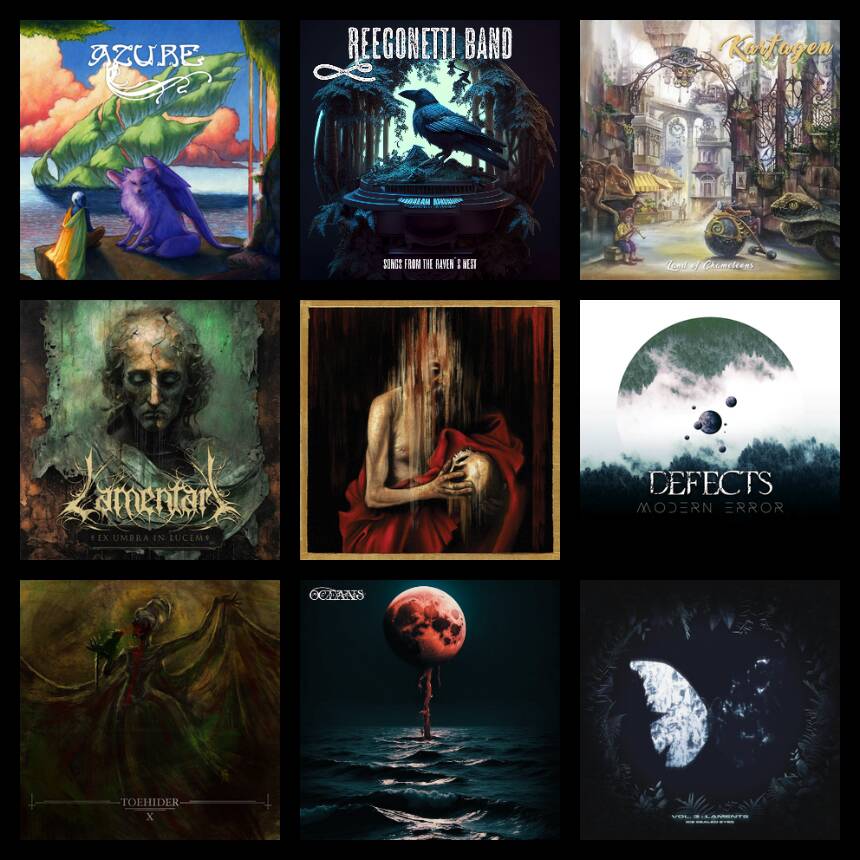
Interview with Exist’s Max Phelps and Alex Weber: Hijacking the Zeitgeist today
Hailing out of Baltimore, USA, Progressive Metal outfit Exist is looking back at a track record of three full-length albums across a 14 year career. On the eve of the release of their latest album “Hijacking the Zeitgeist”, Max Phelps (guitars and vocals) and Alex Weber (bass and vocals) sat down for a talk with The Progspace’s Bas to discuss their band’s history, their new release, and the impact of current technologic and cultural developments on their creative endeavors.
Welcome, and thanks for taking the time to chat with The Progspace. Exciting times as your new album is about to drop. Let’s kick off with a quick rundown of how the band got started. How did Exist come about?
Max:
Originally, the band evolved from another outfit called Azrael, around 2007. So, it was me with a different lineup initially, and Alex joined not too long after. We’ve known each other since high school, so there’s a long history there.
Alex:
Yeah, we met during high school and quickly got involved in the band. I remember seeing Azrael play at a local show, and even back then, their music had a unique character that caught my attention.
So, Azrael evolved into Exist, and you’ve been active since then?
Max:
Exactly. Before Exist, there was another band called Wisteria, involving Alex, our previous guitarist Matt Rossa, and myself. There was a lot of overlap with members from different bands.
Alex:
Yeah, it was like a musical community where everyone was involved in different projects.
Max:
Right, there was a lot of cross-pollination between bands like We Are In Transit and others. Charlie [Charles Eron], our guitarist now, was part of We Are In Transit before joining us.
Alex:
We’ve known Charlie for a while, and his involvement with Exist was a natural progression.
How does Exist operate? Do you jam together to write material, or is it more remote collaboration?
Max:
We used to jam regularly, but nowadays, it’s mostly remote collaboration. Three of us are physically close, but our drummer is remote, so we rely on tools like GuitarPro and sending demos back and forth.
Alex:
Our schedules are pretty hectic, so remote collaboration works better for us now.
I see. And who’s responsible for writing the music and lyrics?
Max:
I’m usually the main writer, especially for the lyrics. However, on this album, Alex and our drummer Brody [Brody Smith] contributed to some key parts of the music.
Alex:
Yeah, Max provides the foundation, and then we add our own touches to our respective parts.
So, there’s room for individual creativity within the framework Max sets?
Alex:
Exactly. Max gives us a starting point, and then we build upon it with our own ideas.
Max:
It’s all about trust and collaboration. We’ve gotten better at integrating everyone’s input into the final product.
As a bass player myself, I’m curious about the role of bass in progressive music. How do you approach it?
Max:
It’s tricky because metal often prioritizes guitars, but we aim to give the bass its own voice. It’s like the low brass section of an orchestra, filling the bottom while also providing impactful melodies.
Alex:
Bass doesn’t have to just follow the guitars; it can have its own important lines that enhance the overall composition.
That’s an interesting perspective. How would you describe the progression from your earlier material to the new album?
Max:
Our earlier work was more sprawling and complex, with longer song structures. The new album is more concise and focused on traditional songwriting, while still retaining our signature sound.
Alex:
We wanted to create an album where every song could be played live, which wasn’t always the case with our previous releases.
Max:
Production-wise, the new album is more stripped down, making it easier to replicate live.
Got it. It sounds like a natural evolution of your sound.
Your last album, “Egoista”, was released during the pandemic. I’m curious, how did it affect the experience of releasing the album? I imagine it wasn’t without its challenges.
Alex:
Yeah, it wasn’t ideal. We didn’t get to perform any songs from that album live, except for one called ‘Infinite Monkey Theorem’. We had a tour scheduled right before the pandemic hit, towards the end of February, where we played that track live. It’s the only one we’ve performed from “Egoista”. Although people heard the album and reacted positively to it, we never got the chance to tour with it. So it feels like there was more we could have done with it.
Now, leading up to the release of “Hijacking the Zeitgeist”, how does the experience compare or differ from the last album?
Max:
Well, we did manage to play some shows, but not as many as we’d hoped. We don’t have any shows planned right after the release, but we’re aiming to schedule some for later in the summer or fall. We did create a music video for this album, which was a new experience for us. We were able to get together and work on it, which was a big project. Despite finishing the album over a year ago, we had to wait due to record label schedules and vinyl production delays. But, we’ve already played half of the songs from this album live, and they’ve been well received by audiences unfamiliar with them.
Alex:
Putting together this album felt smoother compared to previous ones. The writing process flowed easily, and overall, it was a positive experience. The only downside was the delay in releasing it, which was beyond our control. Playing the new songs live felt great too. It all came together effortlessly, and we’re excited to tour properly once we can.
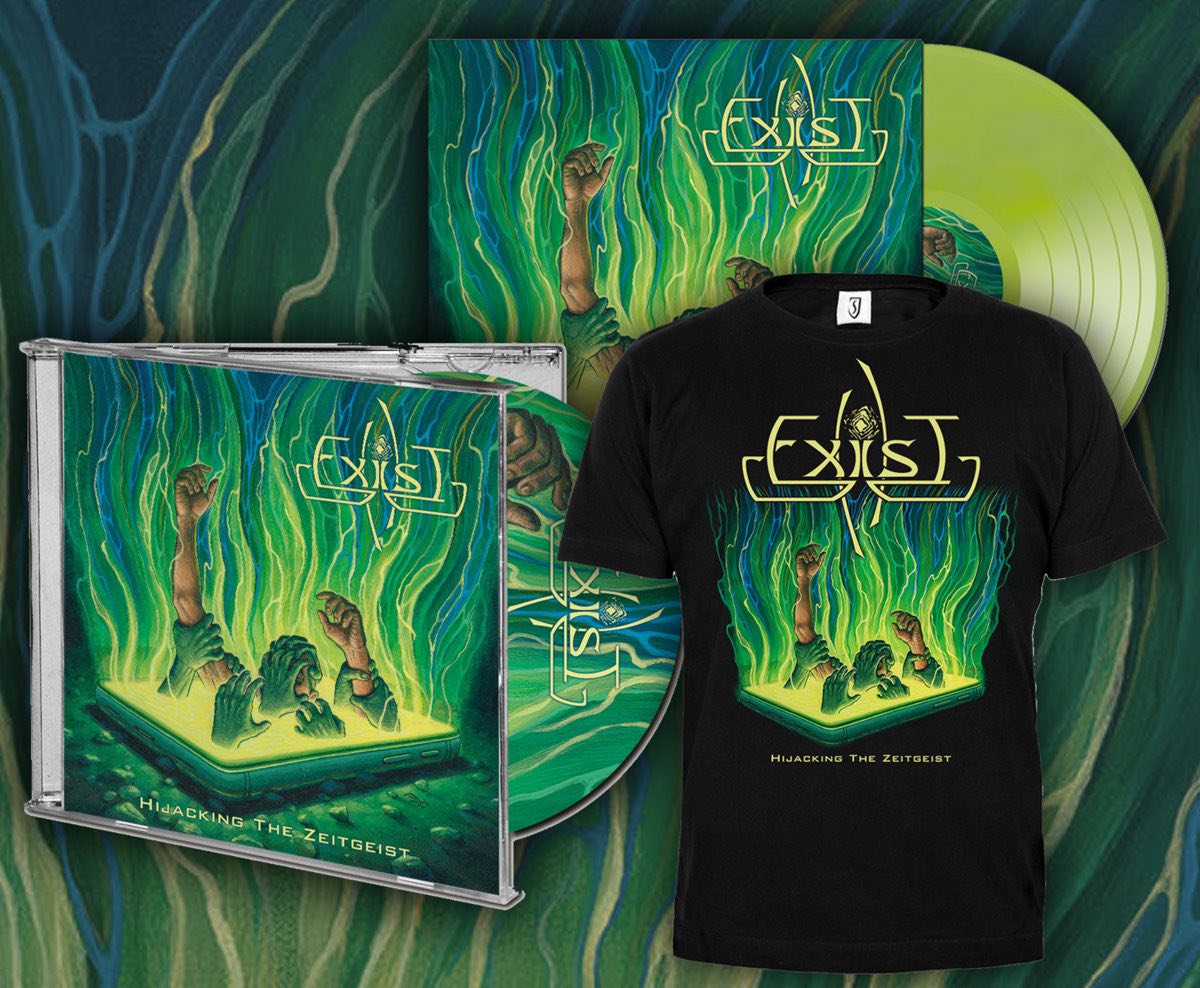
You both come from a generation where social media’s impact on musicians has evolved significantly. How do you view this change, especially in relation to the themes explored in your new album?
Max:
I don’t view social media as negatively as some do. While it presents challenges, it also offers opportunities for musicians to explore different avenues. There’s now space for various styles and approaches, catering to different preferences. It’s not just about traditional touring anymore.
Alex:
Exactly. Social media provides diverse outlets for expression. Each era has its challenges for musicians, whether it’s the lack of internet in the ’90s or today’s oversaturation of online content. Our new album reflects some of these observations about modern society.
Your new single, ‘Window to the All,’ seems to touch on similar themes. Can you elaborate on that?
Max:
Yes, ‘Window to the All’ explores the idea of perspective. We often get stuck in our own viewpoints, which are inherently limited. The song humorously depicts a character time-traveling to the modern world and interpreting mundane things as divine. It reflects the album’s broader theme of limited perspectives.
Anup Sastry was involved in mixing the album. What led to that decision, and how was the experience?
Max:
Anup has mixed our previous work, and we have a good rapport with him. He understands our vision and is always willing to go the extra mile. Chris Crummett mastered the album, recommended by Anup and our drummer, Brody. Both Anup and Chris brought their expertise to the project, enhancing the overall quality.
Aside from Exist, you both play with other prominent bands in the genre [e.g. Max with Death to All and Cynic, Alex with Obscura and Malignancy]. How does performing with Exist compare to your other projects?
Alex:
It’s certainly less lucrative. Yeah, there isn’t always a lot of money in playing with this band, but it’s just a different experience. Playing with Obscura, Malignancy, and Exist is all very different. Each offers unique versions of what I enjoy personally. The environment on stage, especially with Obscura, is quite different. We have in-ear monitors, a click track, and backing tracks for lights. It’s like being in a machine. With Exist or Malignancy, it’s more straightforward, just plug in and play. Both have their pros and cons. Sometimes it’s awesome not to worry about a click track, but then there are times when the venue sounds terrible, and you can’t hear anything on stage. It’s all about weighing the pros and cons and enjoying the variety.
Max:
Yeah, pretty much the same. Yeah, we use in-ears with DTA, but none of that’s on a click. I don’t think you could do Death to a click. I’m glad we don’t have to deal with that because it would be impossible given how the time flows and stretches in that music.
Alex:
Exactly. With Exist, we’ve played with and without a click. For the last shows, we used tracks because we’re down to a quartet now, mostly for logistical reasons. We’d love to have an auxiliary person performing live, but it’s just not feasible right now. Using backing tracks for synths or textures helps spice up the live performance without being essential like adding bass or guitar to the track. It’s just about making the best choice for the current situation.
Max:
Yeah, our former keyboardist/vocalist toured with us, but now it’s just the four of us. We’ve known him for a long time, and he’s a great guy, but he’s not as invested in metal as we are. So it’s not feasible for him to continue touring with us.
So, it seems like you might be rotating live members in the future due to various commitments. Having a solid network of musicians helps, though.
Max:
Exactly. We know a lot of talented musicians who are willing to play with us. Keeping things compact might make it easier to manage.
What are your thoughts when you see AI being used for various creative tasks? What kind of expectations do you have for it?
Max:
Honestly, I’m not sure. I don’t think AI is entirely evil or scary. It might make certain things easier. But I do wonder if it’s advancing faster than we can handle. There might be unforeseen problems due to its rapid development. However, I doubt it will put musicians like us out of work. Maybe those who write jingles or commercial music will be affected first. For instance, my friend Brian, who writes jingles, might face challenges sooner than we will. But I believe the art world won’t be immediately impacted.
Alex:
At least visual artists are already feeling the effects. It challenges our concept of humanity because everyone’s value might diminish to some extent. It’s unsettling from an identity standpoint, but it affects everyone. Real estate agents, paralegals, programmers – everyone’s jobs are at risk. It’s intriguing and nerve-wracking because it’s unpredictable. However, I’m hopeful about its potential impact on the arts.
Max:
I agree. The AI visual art debate is fascinating. Although some people resist it now, it will likely become normalized over time. Using AI for album art may seem controversial, but it’s practical for musicians struggling financially. It’s not just about ethics; it’s about survival in an industry where profits have dwindled.
Alex:
People are most upset when AI-generated content resembles existing work too closely. It’s more about plagiarism than the method of creation. Even if AI produces original-looking ideas, they’re still derived from existing artwork. Regardless, AI’s integration into art is inevitable.
Max:
Exactly. Once the box is opened, there’s no going back. AI will revolutionize everything, akin to the discovery of electricity. It’s daunting, but I’m optimistic about the possibilities. It will undoubtedly reshape how we perceive human value, but our love for creating music will endure.

Your genre of music is relatively safe from AI disruption because your fan base values human creativity. Live performances and album experiences are still cherished. While other fields might be hit harder, your niche appreciates authenticity.
Alex:
Live music will always have a demand, especially in our style. While some artists may thrive without touring, our fans crave the live experience. It’s a unique aspect of our genre that AI can’t replicate.
Max:
Our fan base values albums over singles, unlike mainstream trends. That loyalty to the album format safeguards us from AI’s influence. We’ll continue creating albums because that’s what our fans want.
Consuming music as singles diminishes the intended context of each song within an album. Your dedication to album releases sets you apart in an industry increasingly focused on singles.
Alex:
While albums are our primary focus, shorter releases like EPs can also be compelling. They offer a different storytelling format and cater to varied audience preferences.
Max:
The evolution of artistic mediums often stems from practical considerations, like business interests. While albums remain popular in our scene, experimenting with singles or shorter formats isn’t out of the question.
Well, with “Hijacking the Zeitgeist”, we’ll get a complete long player of your latest ideas first. Thank you very much for taking the time to talk; best of success for the release of your new album!
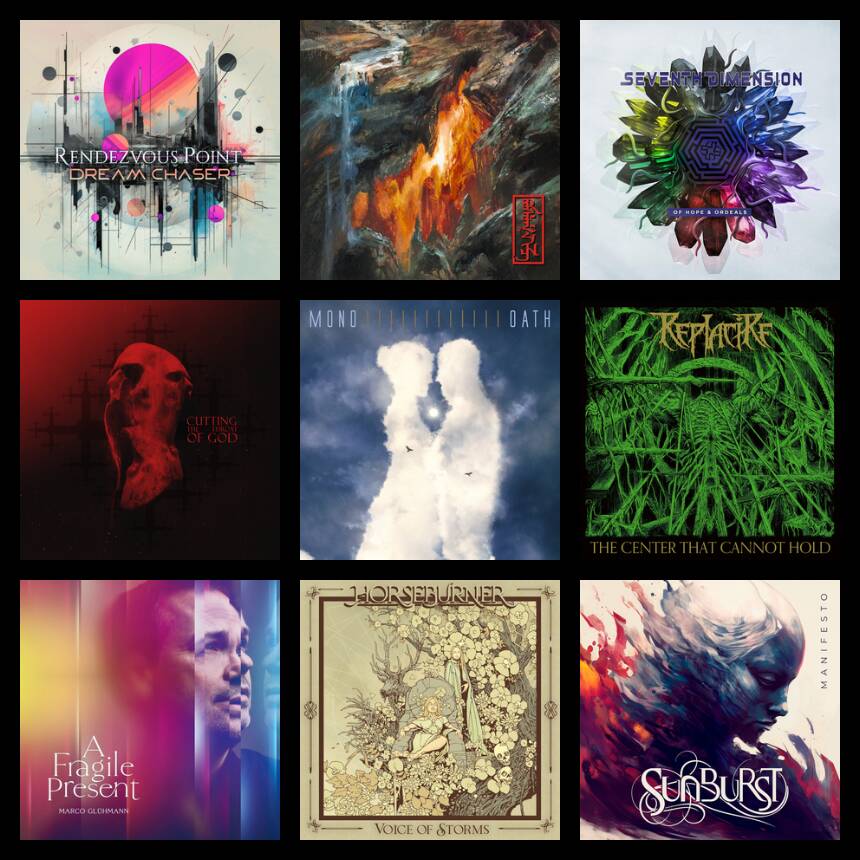
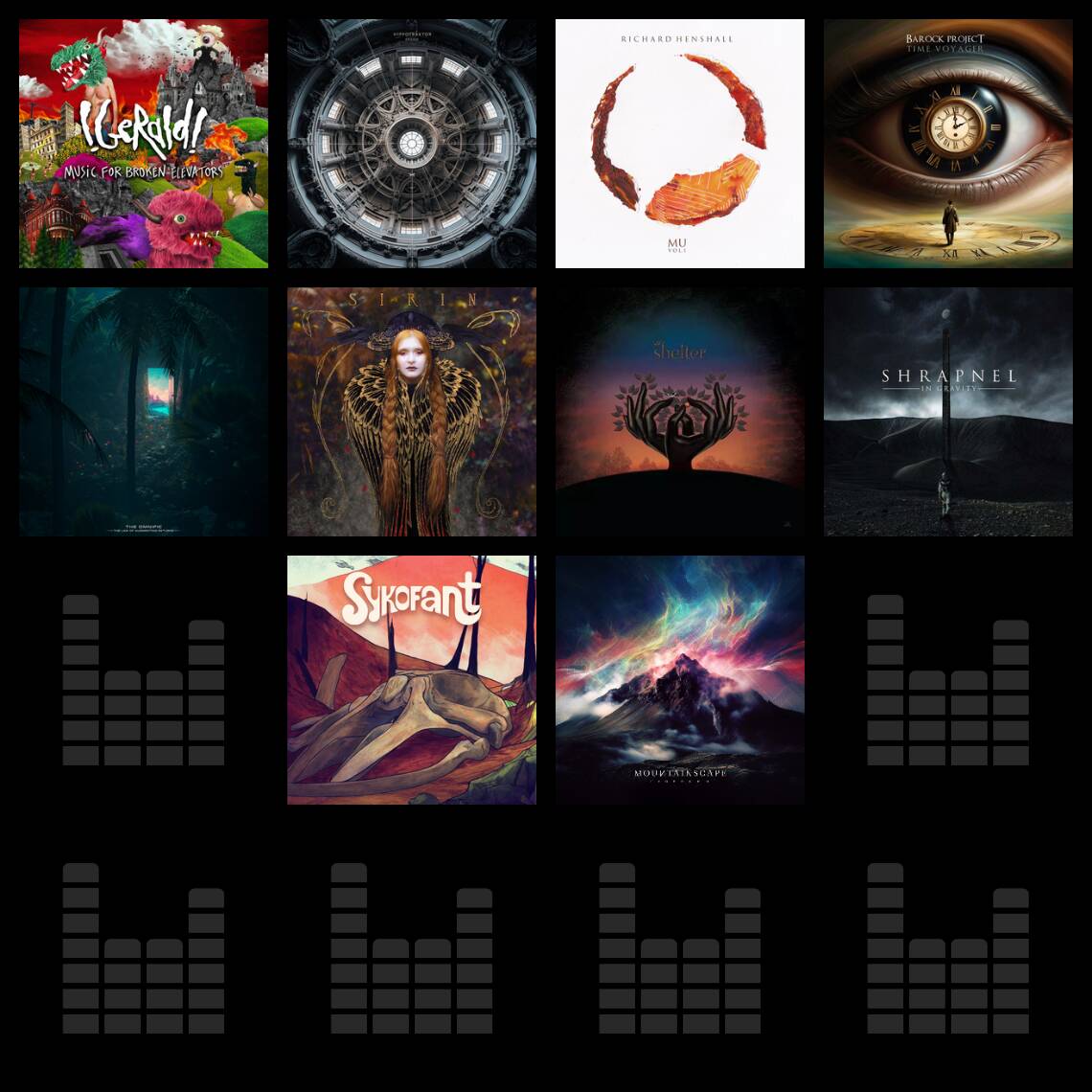
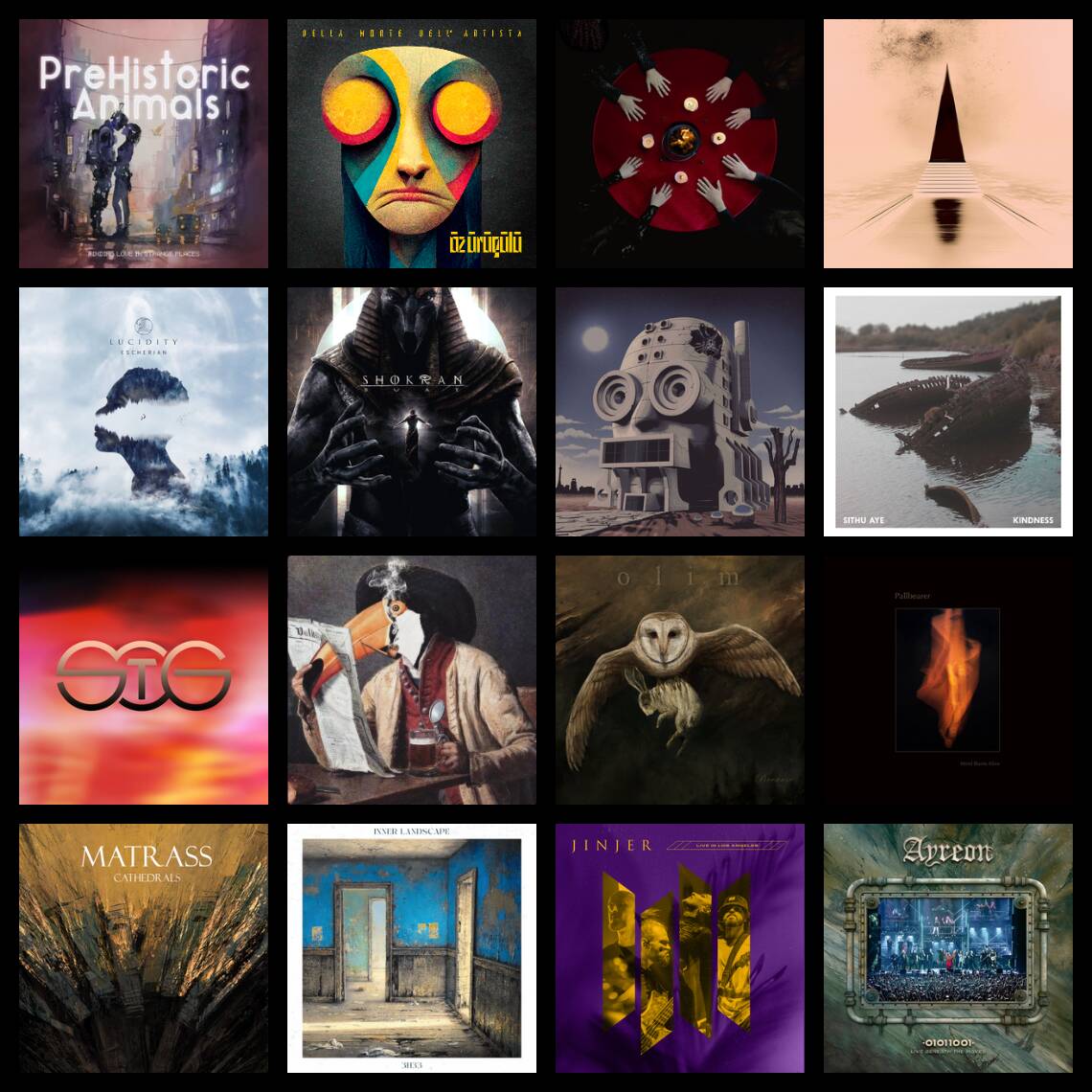

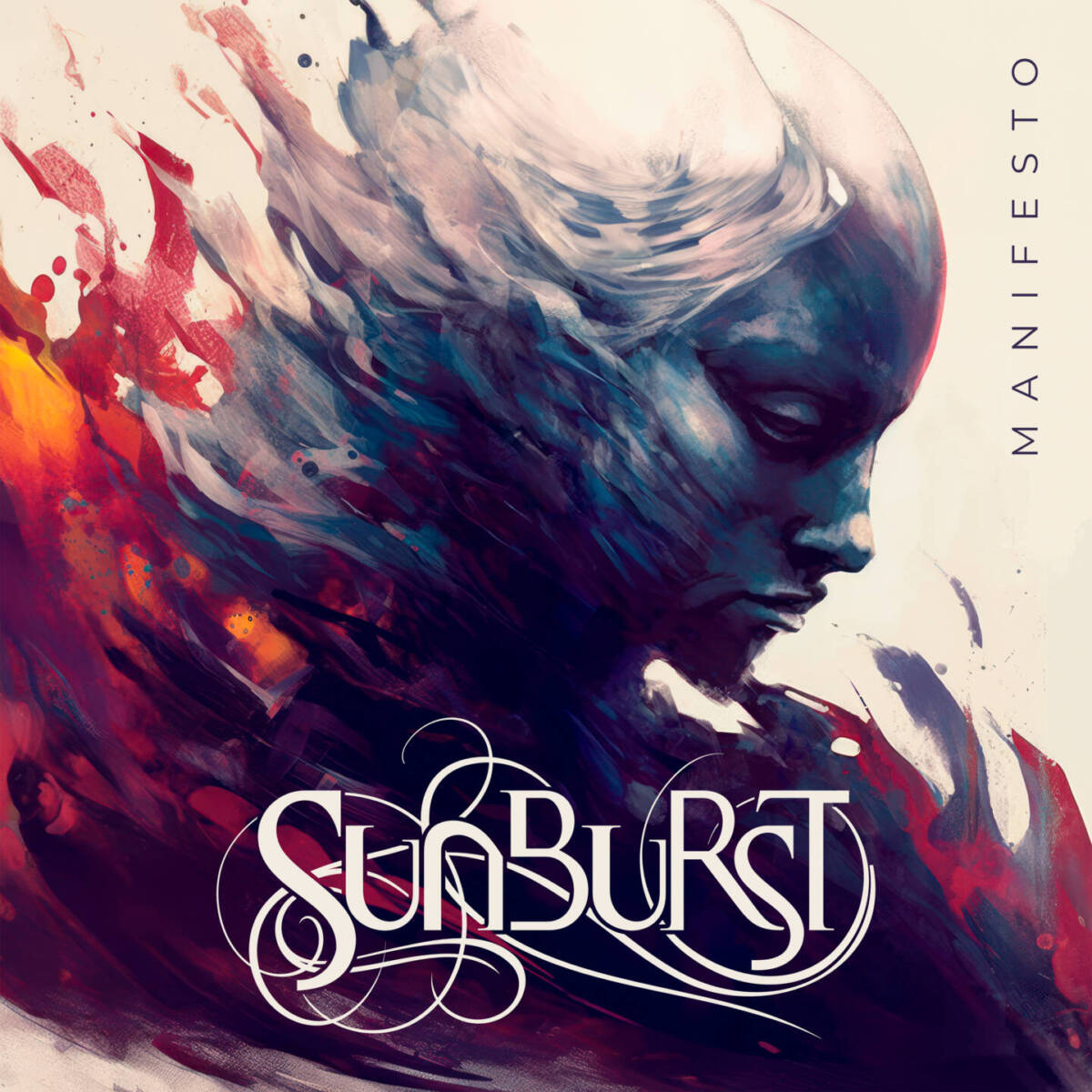
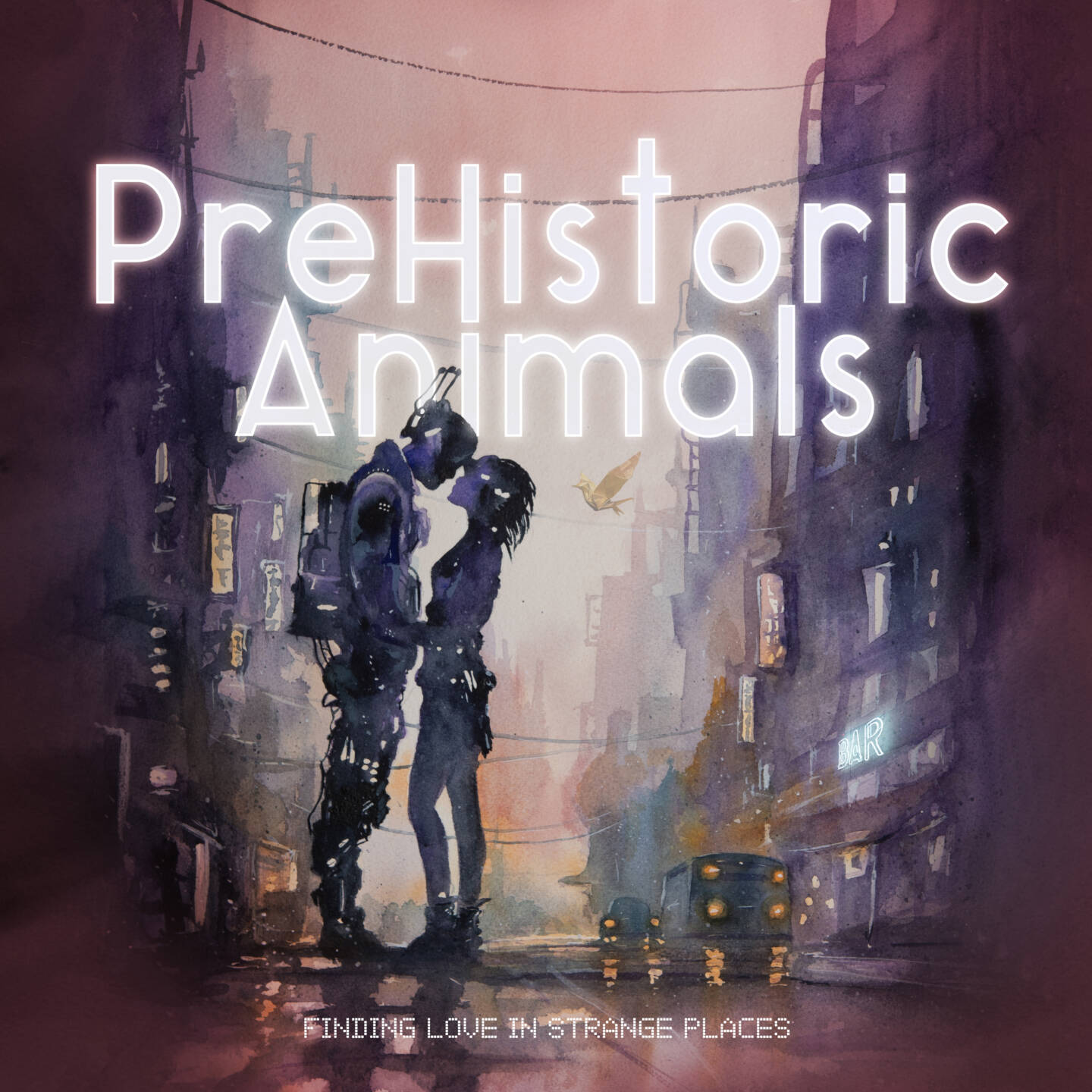

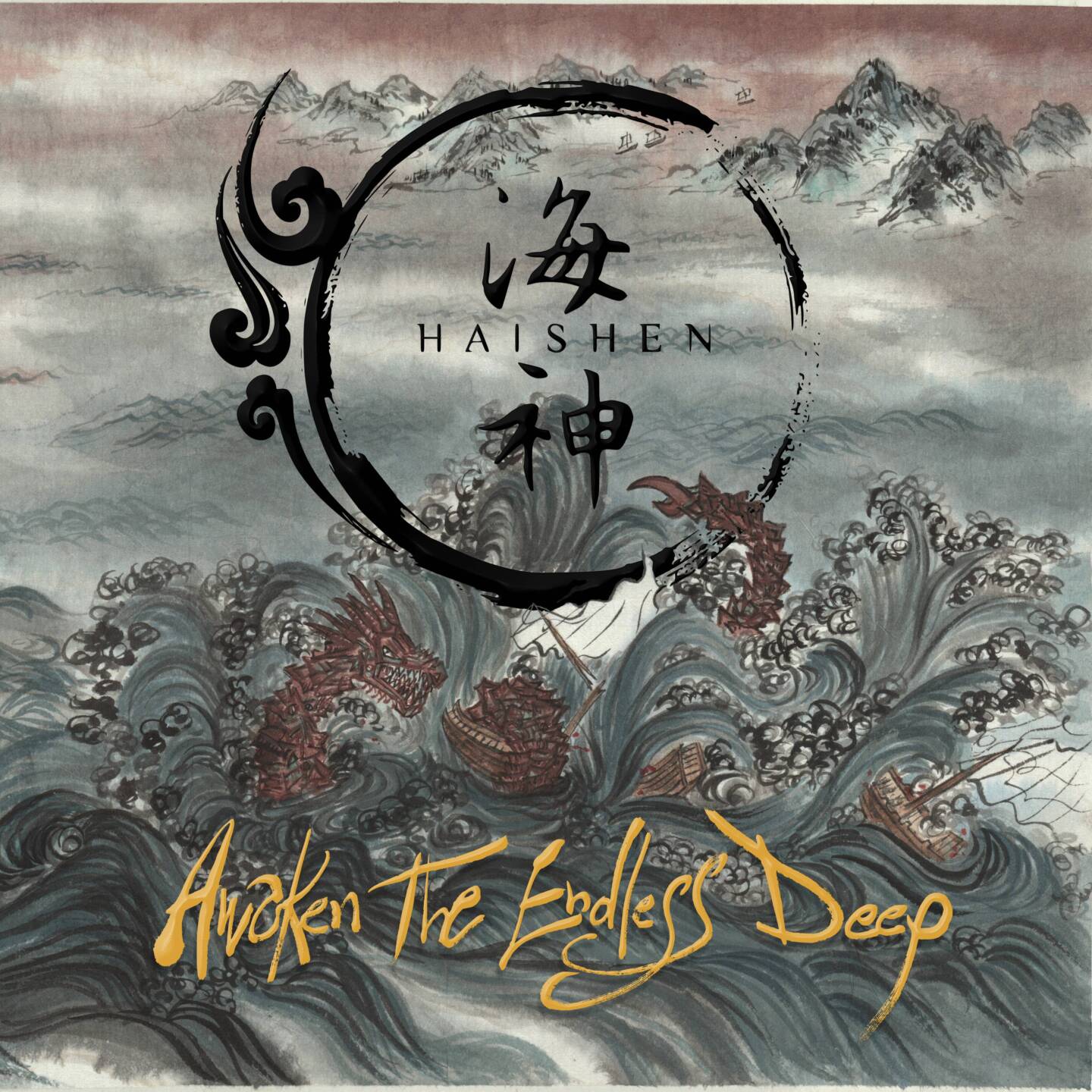
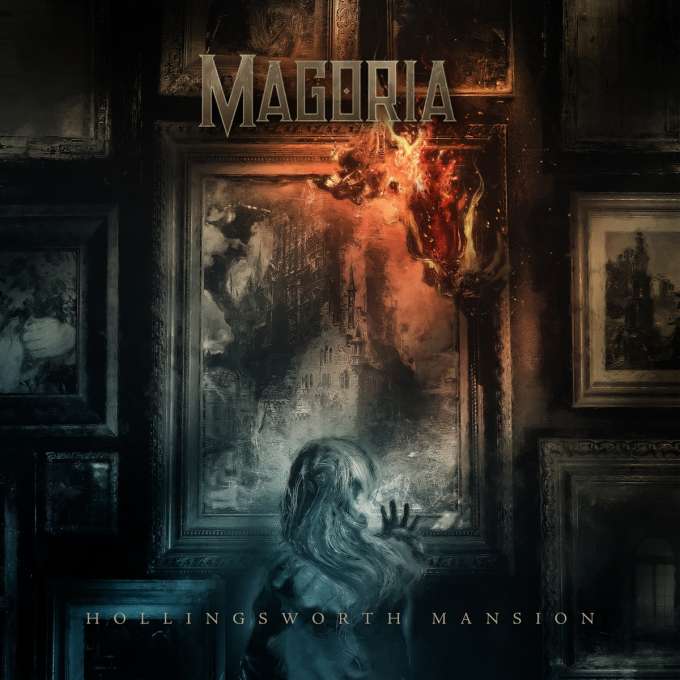
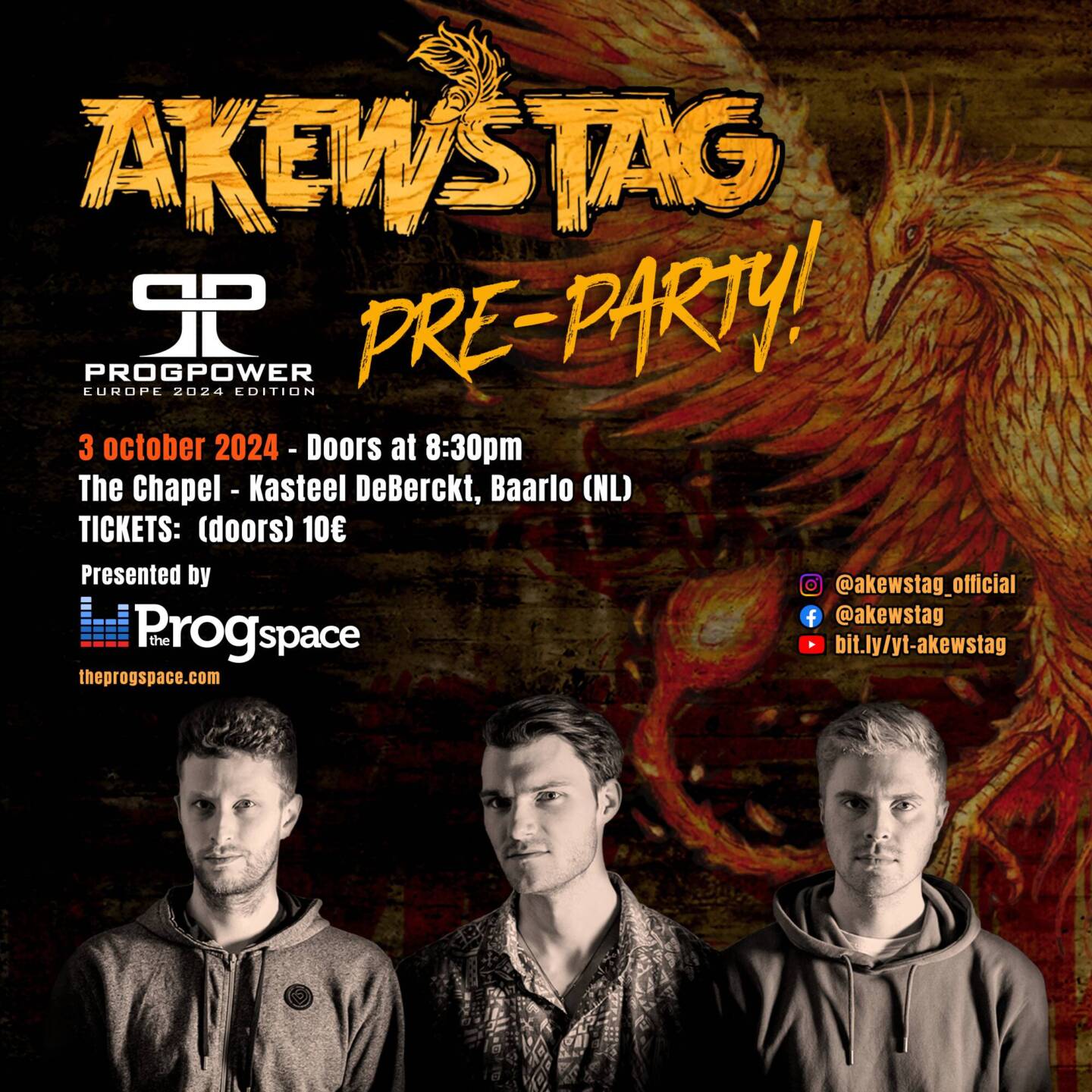
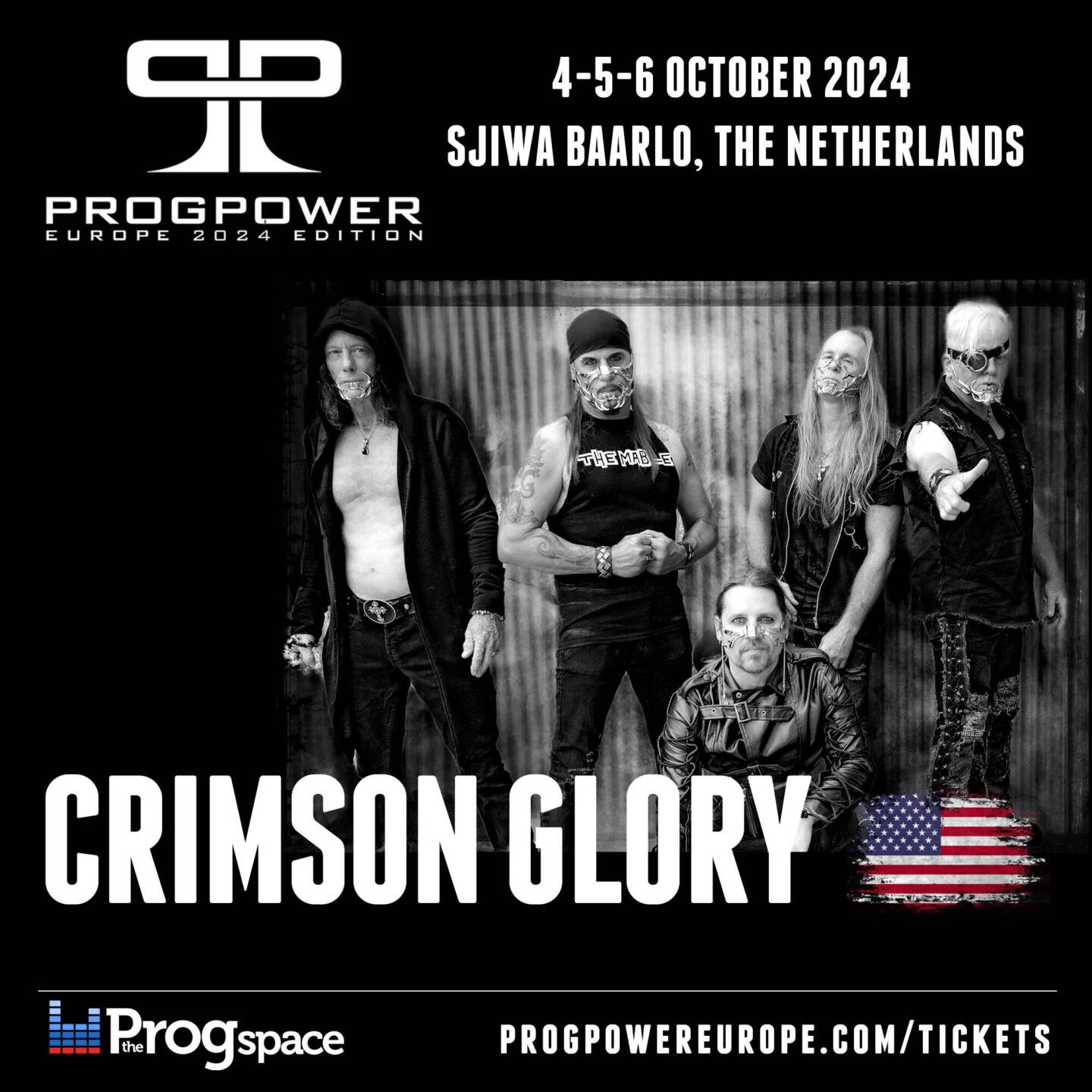
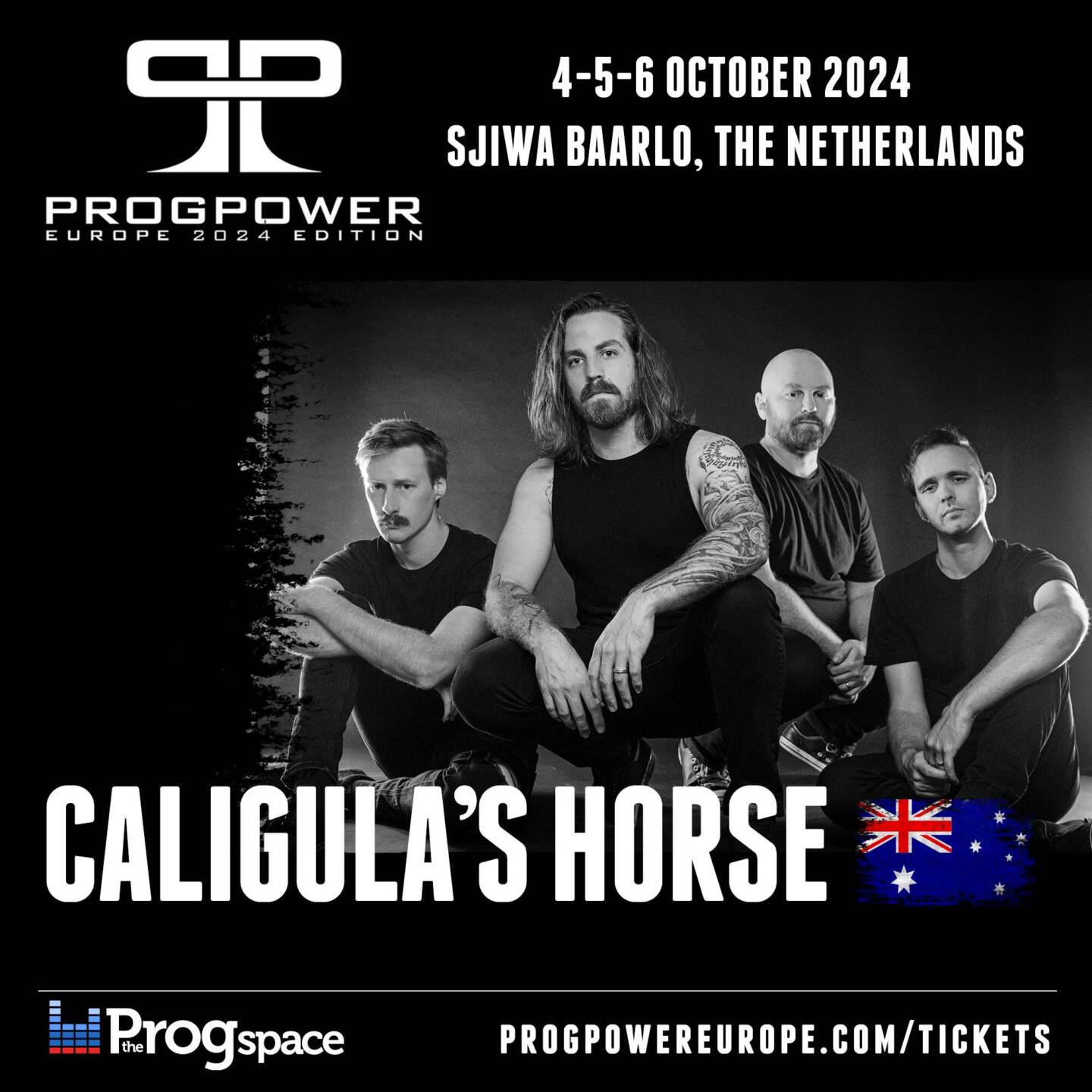
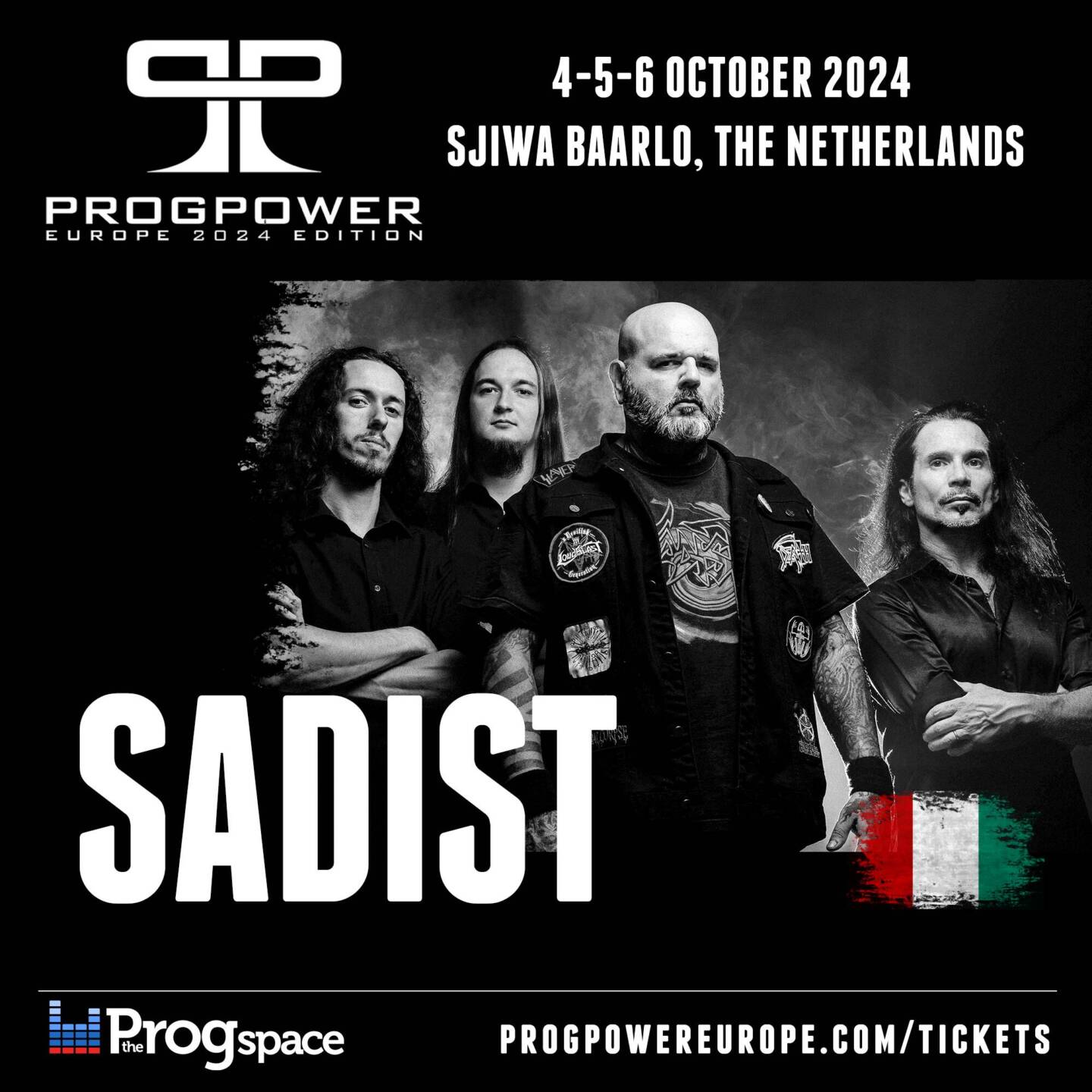
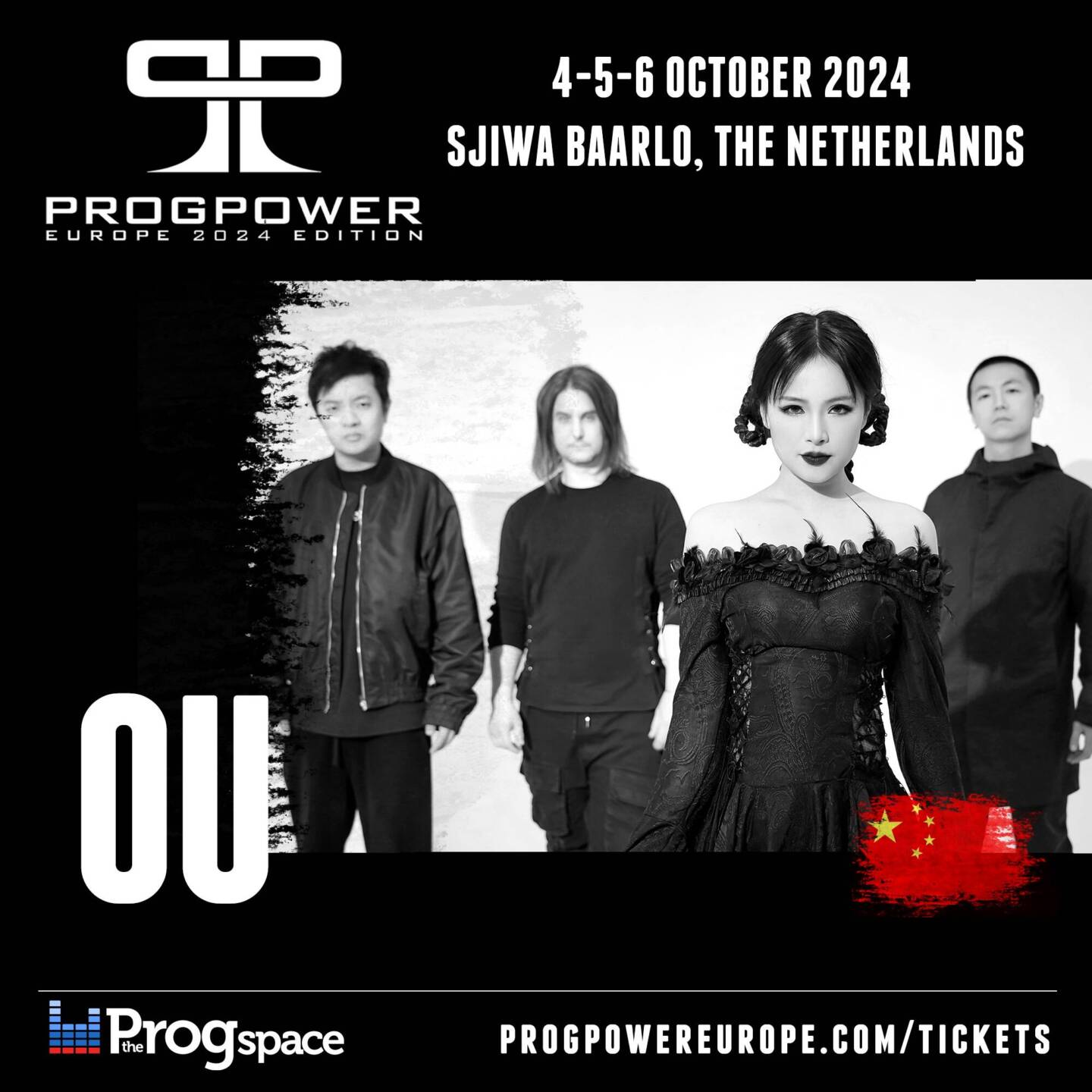
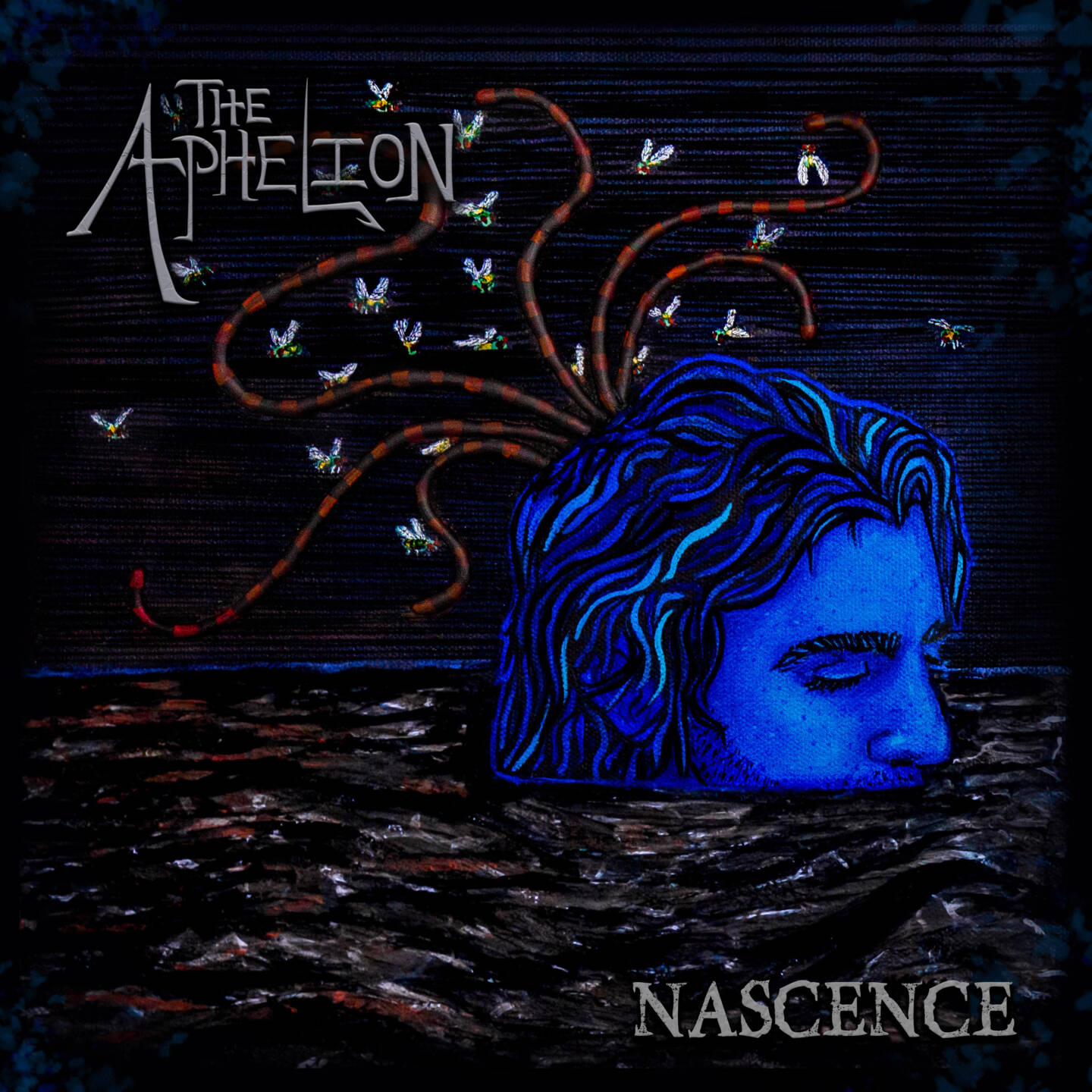
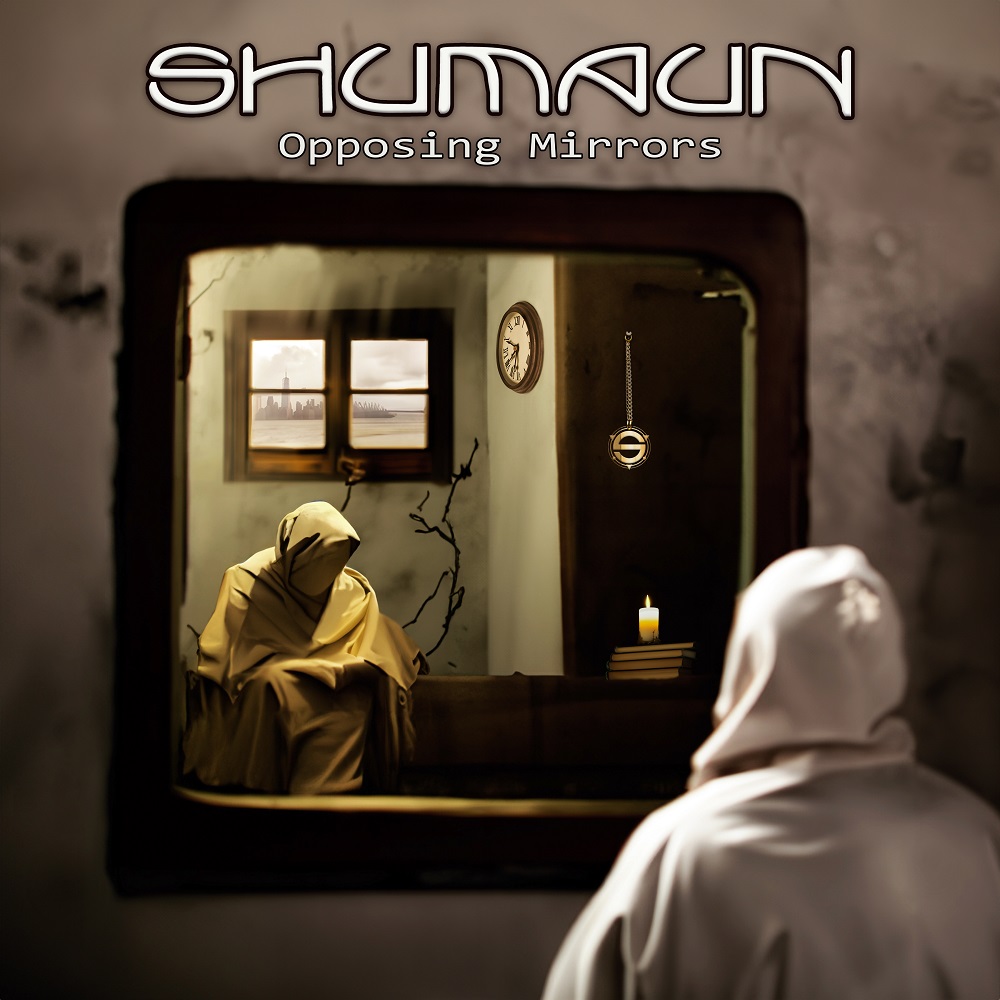
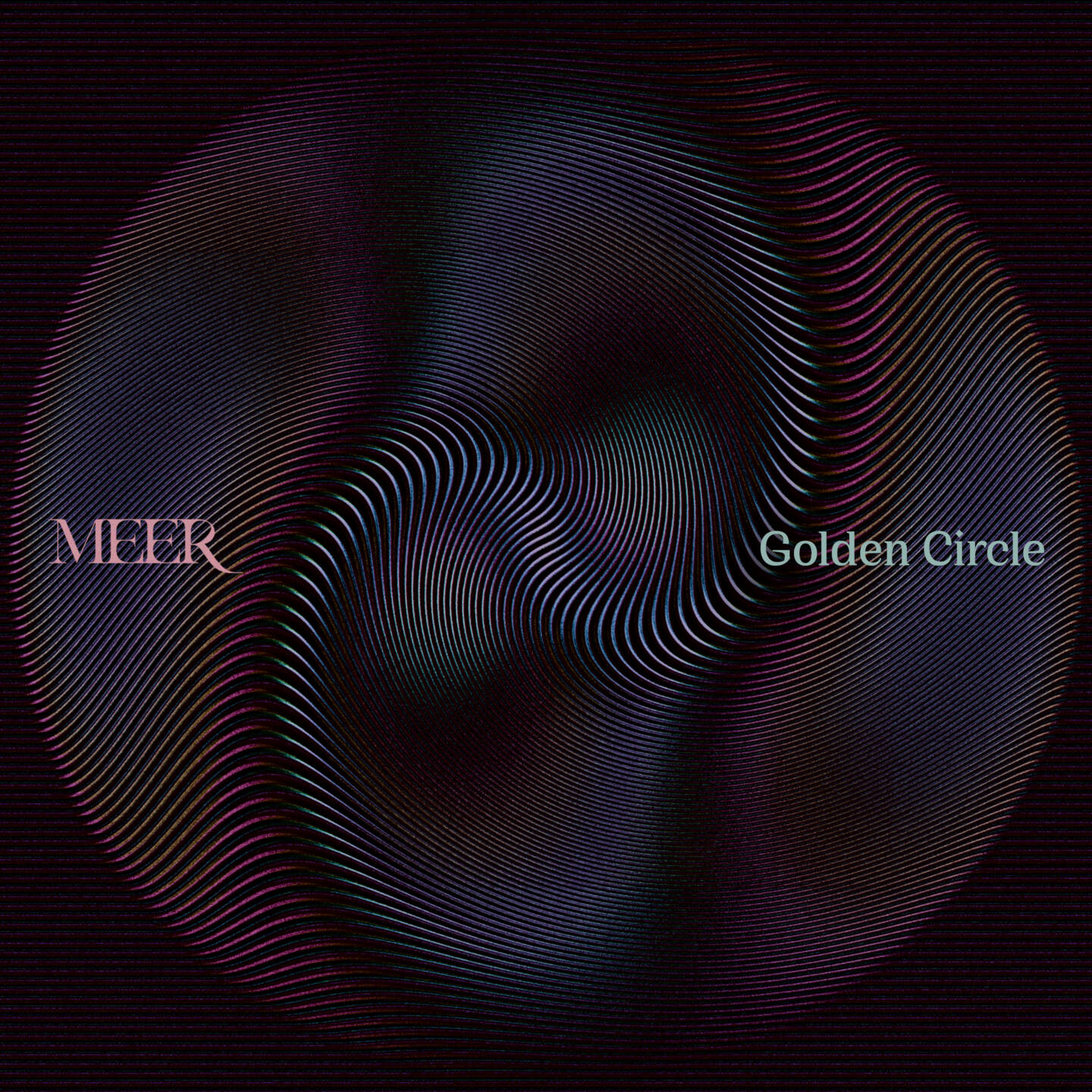
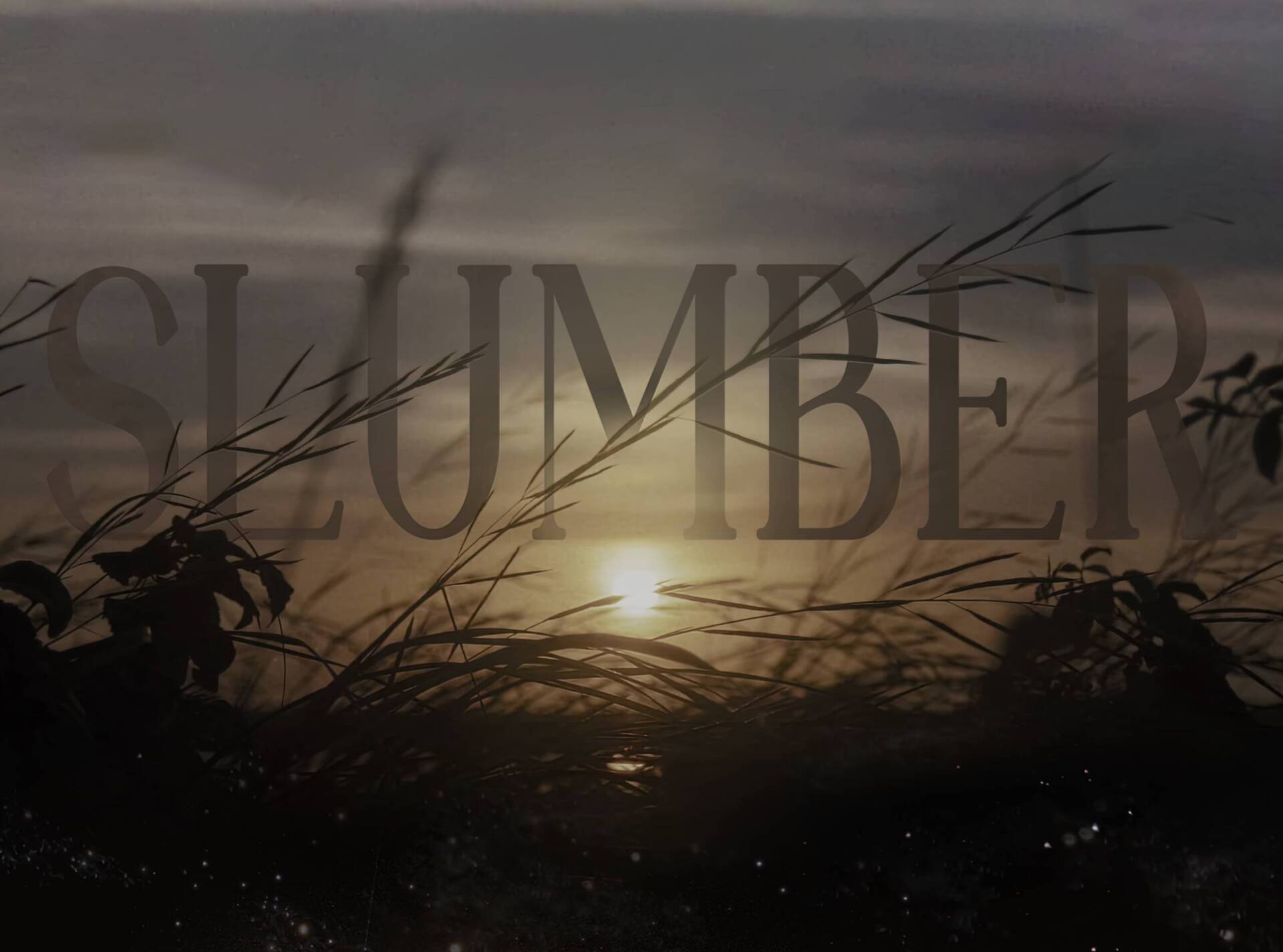
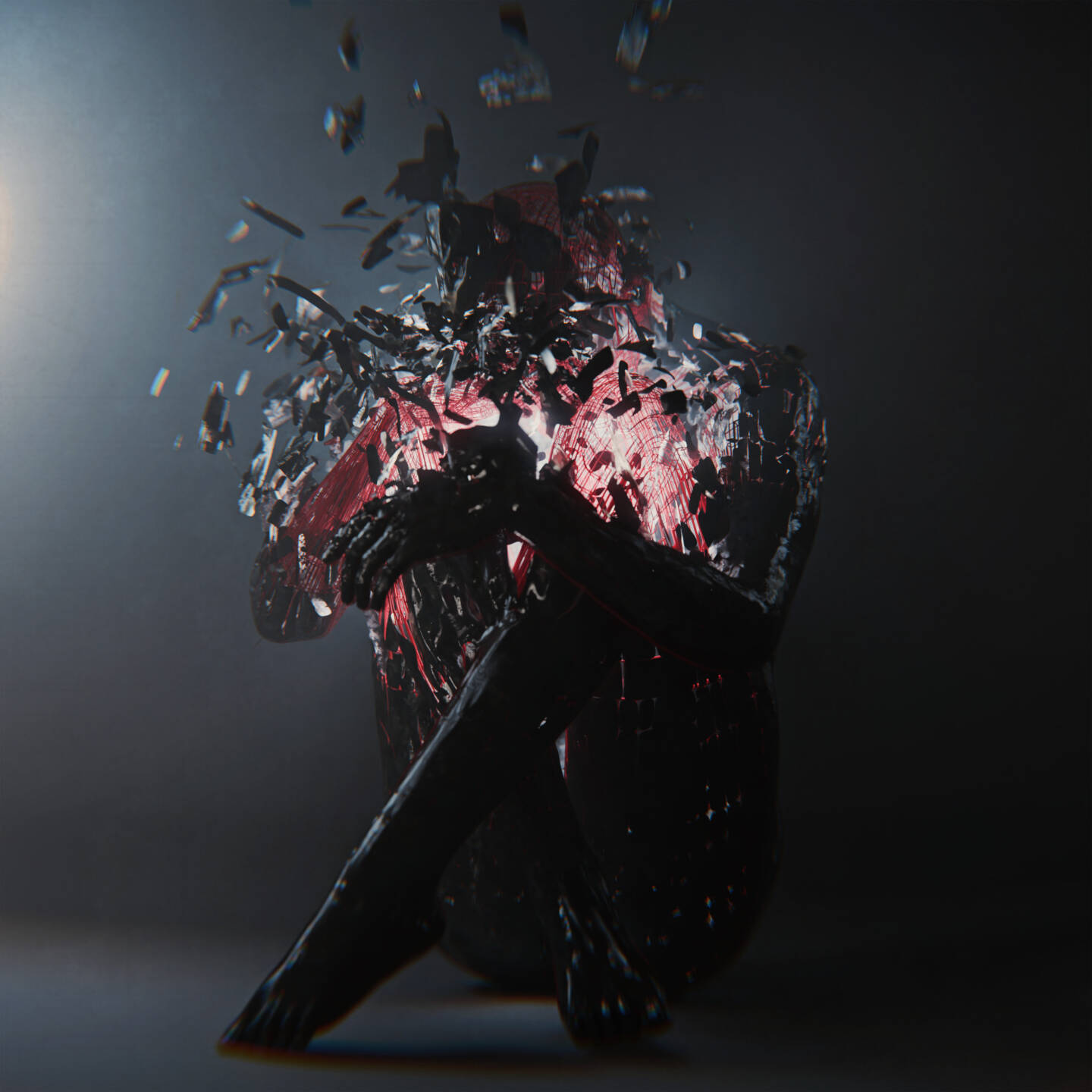
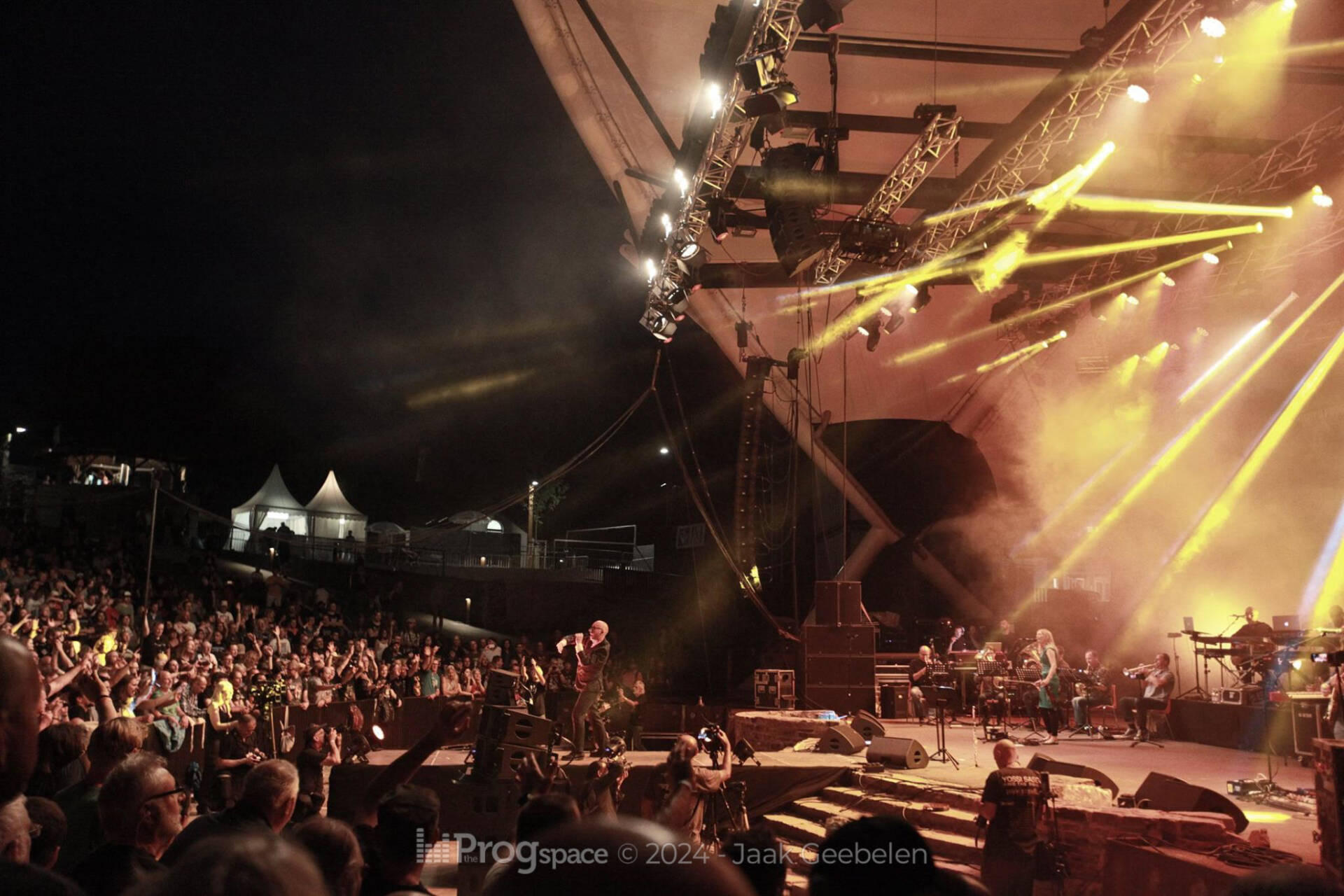



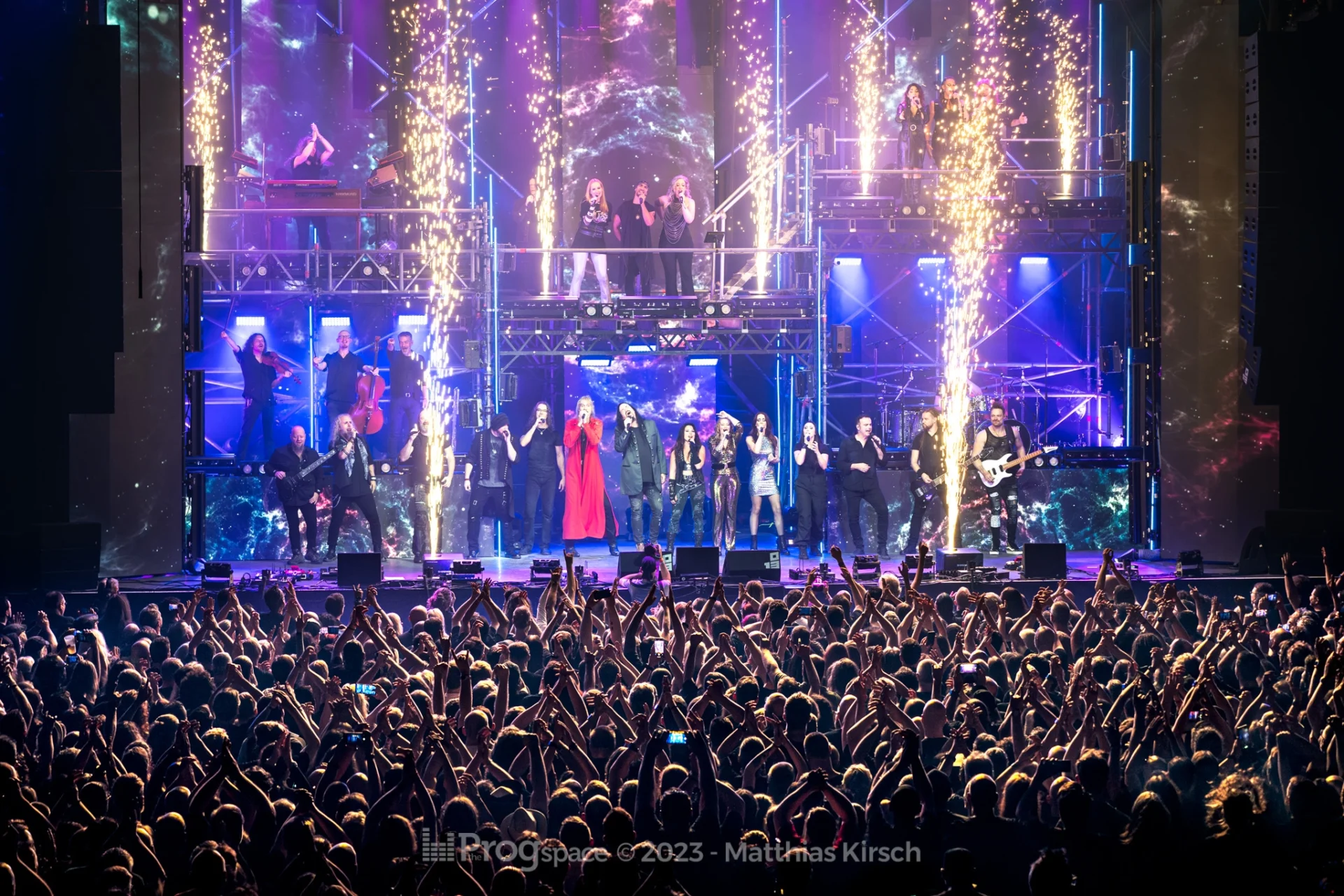
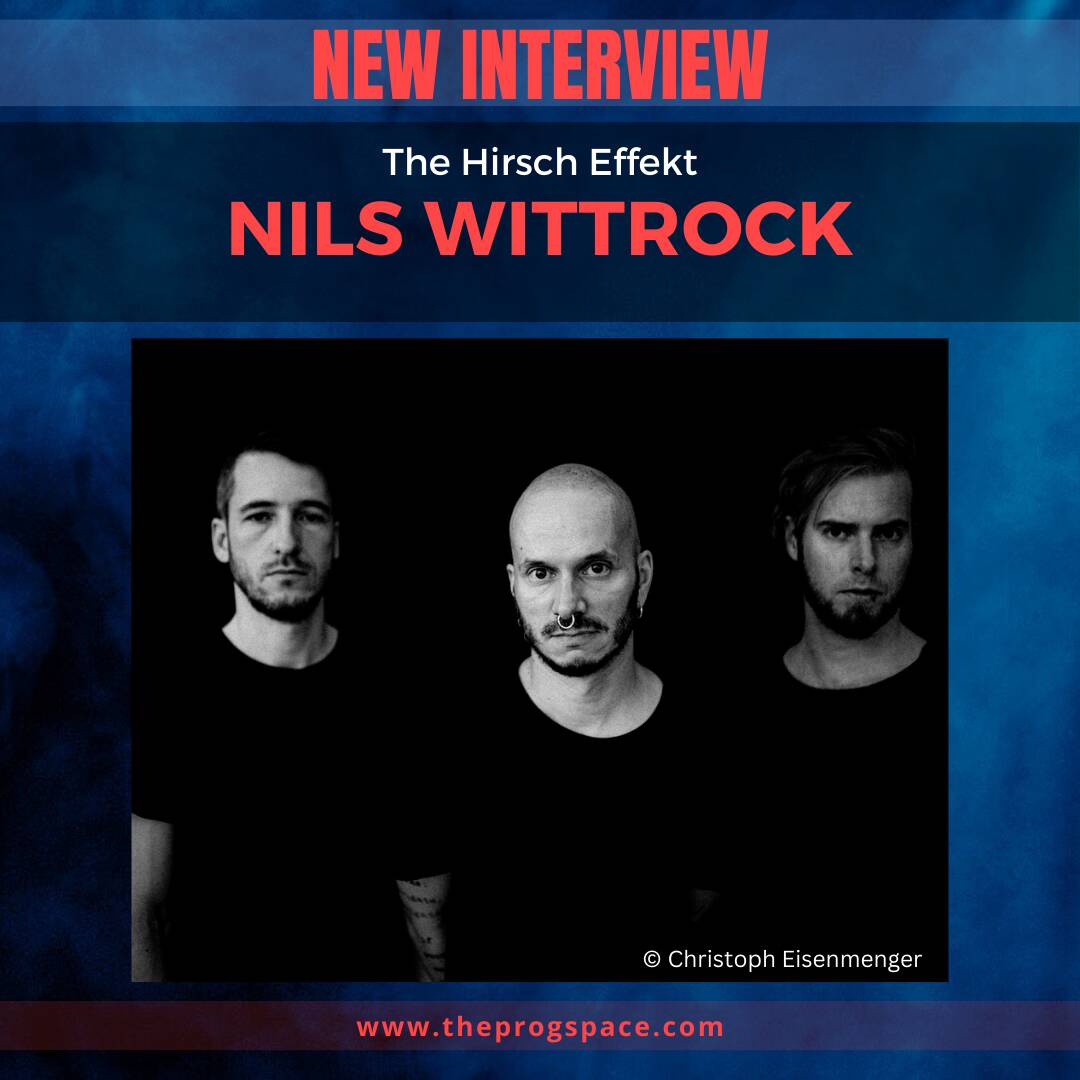
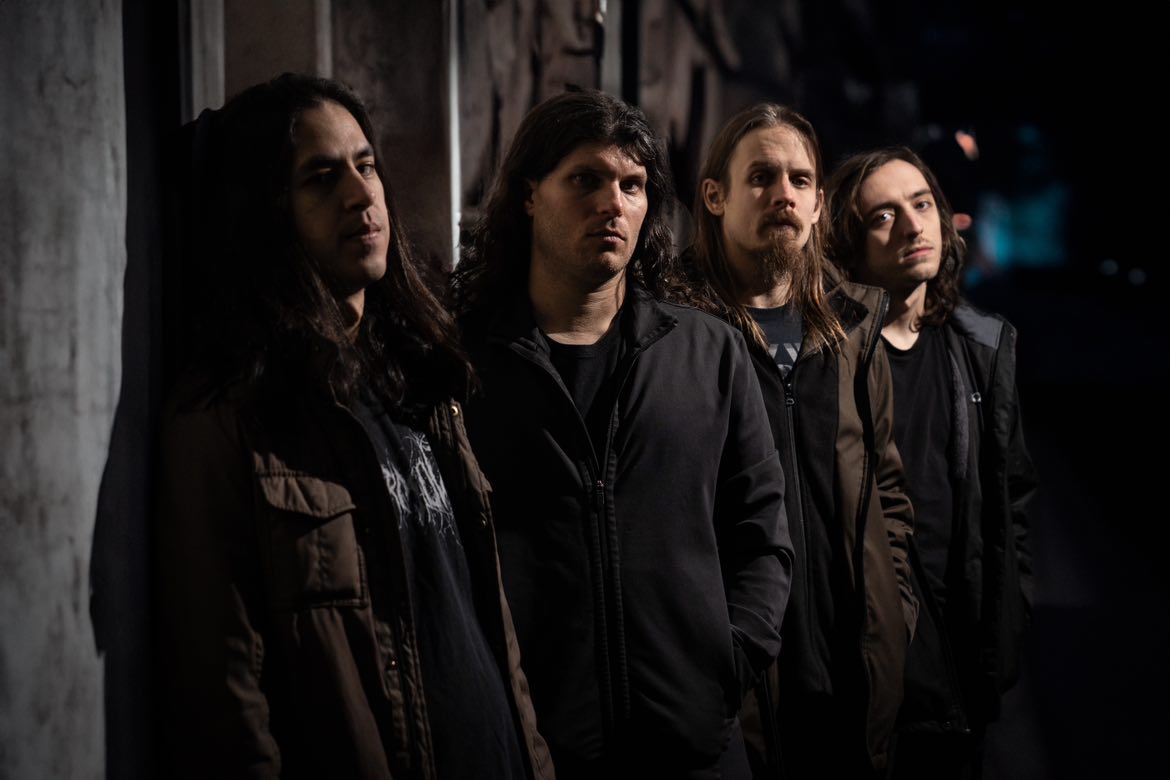
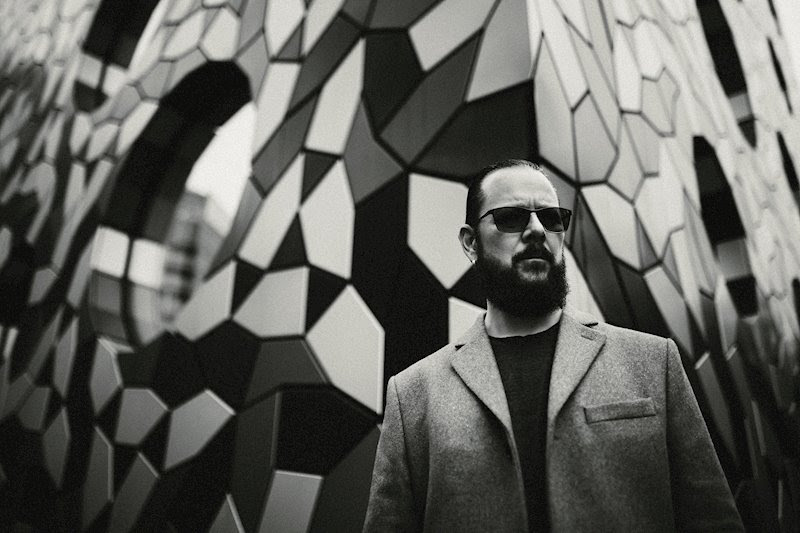
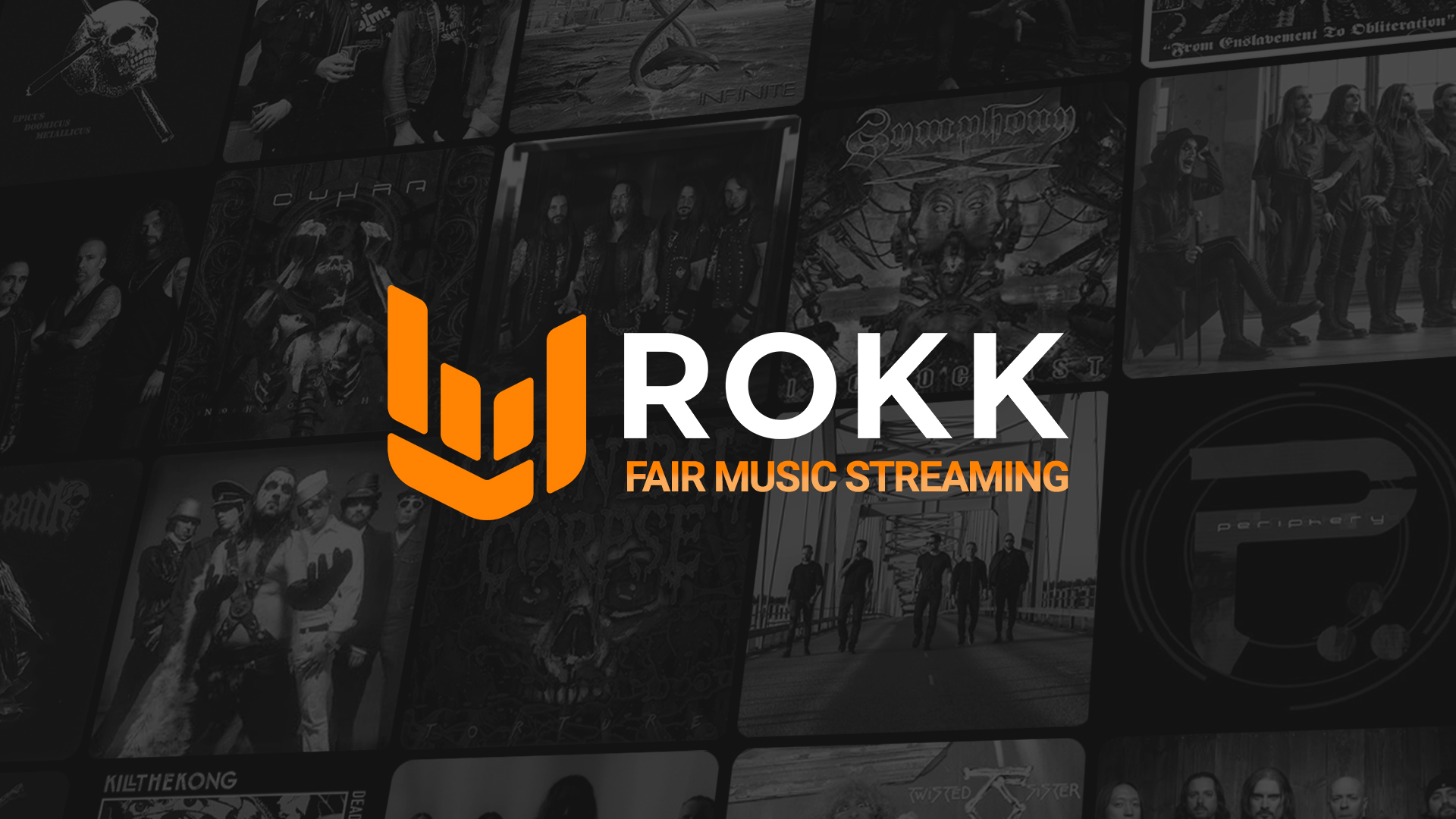
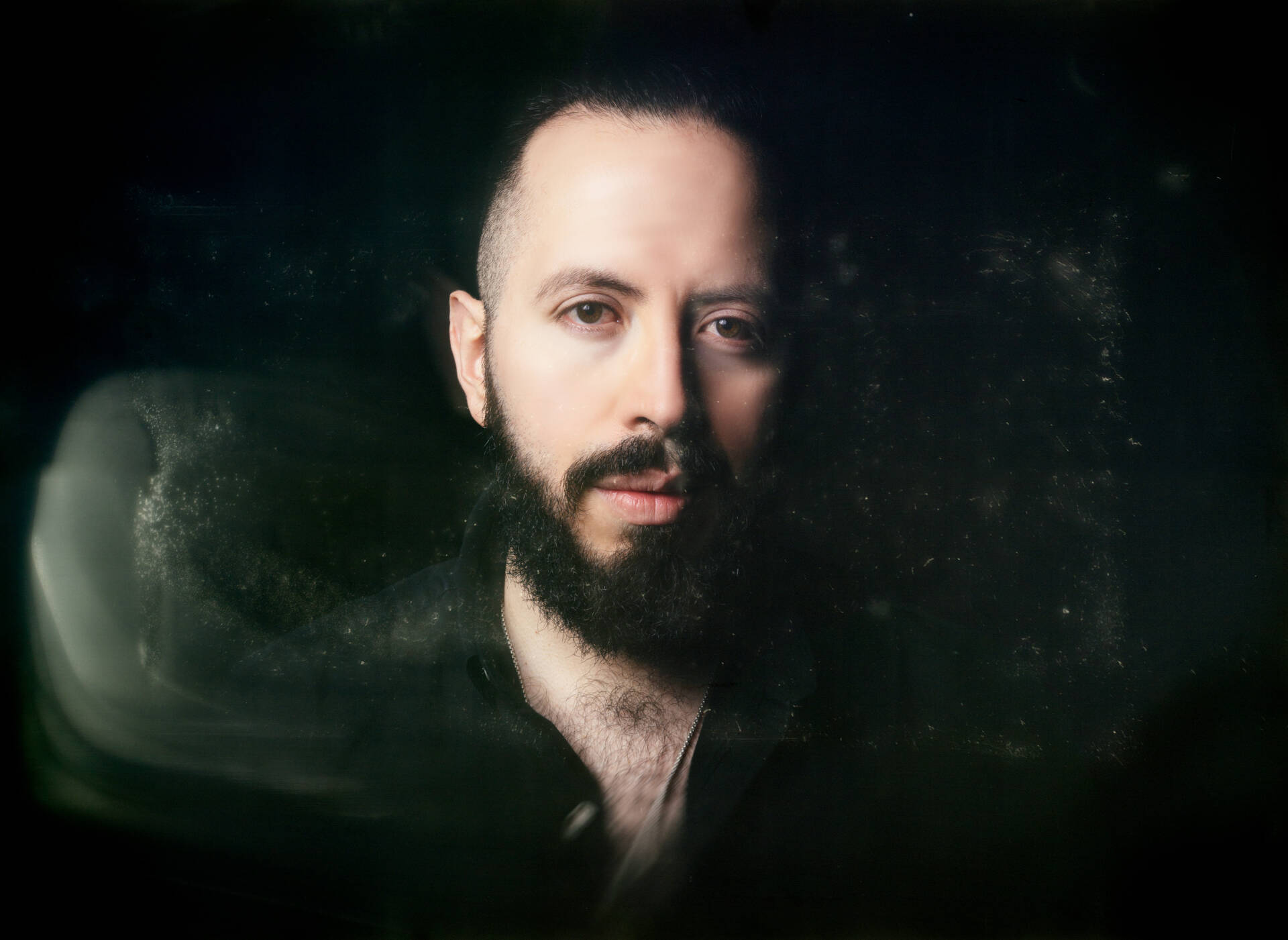
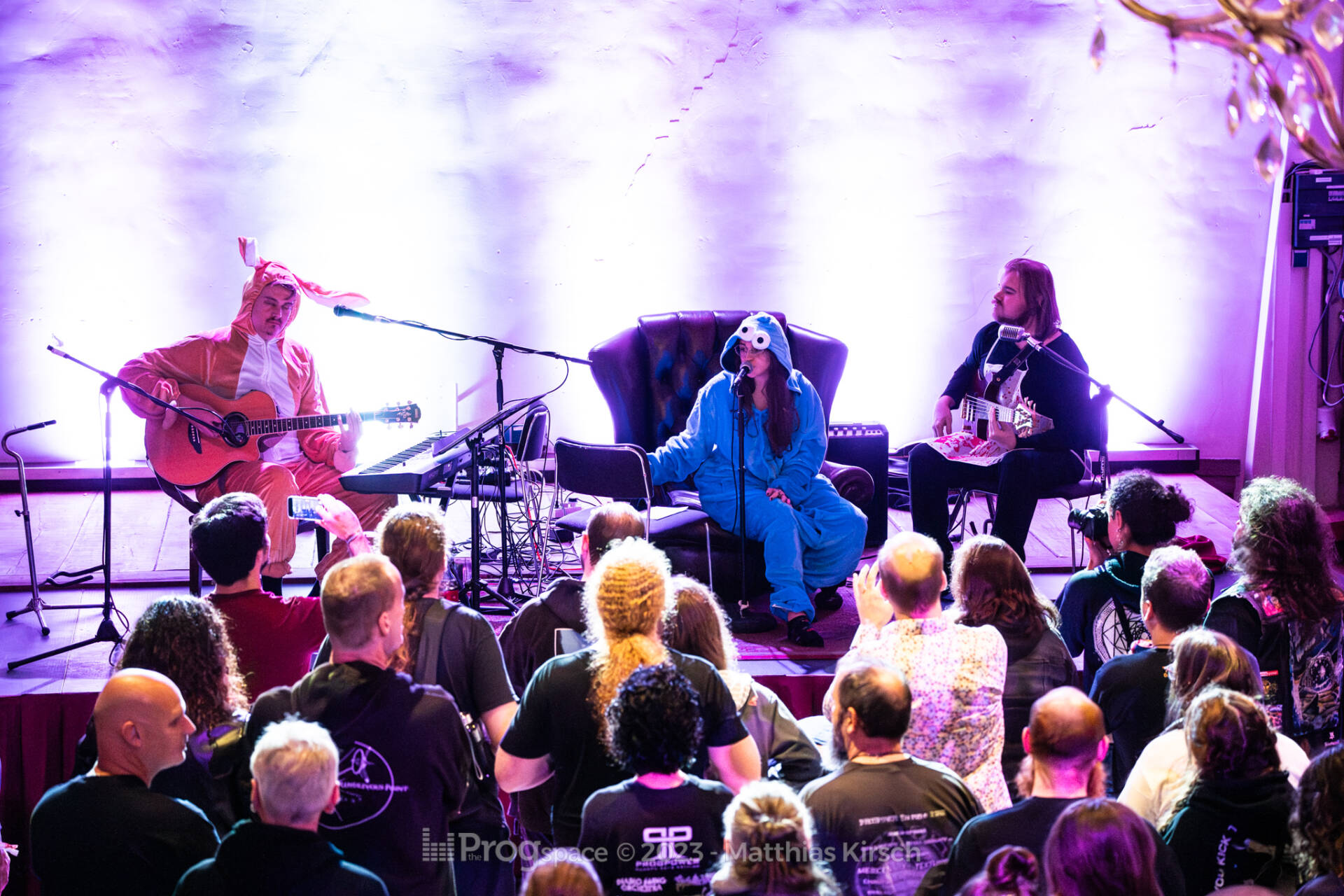
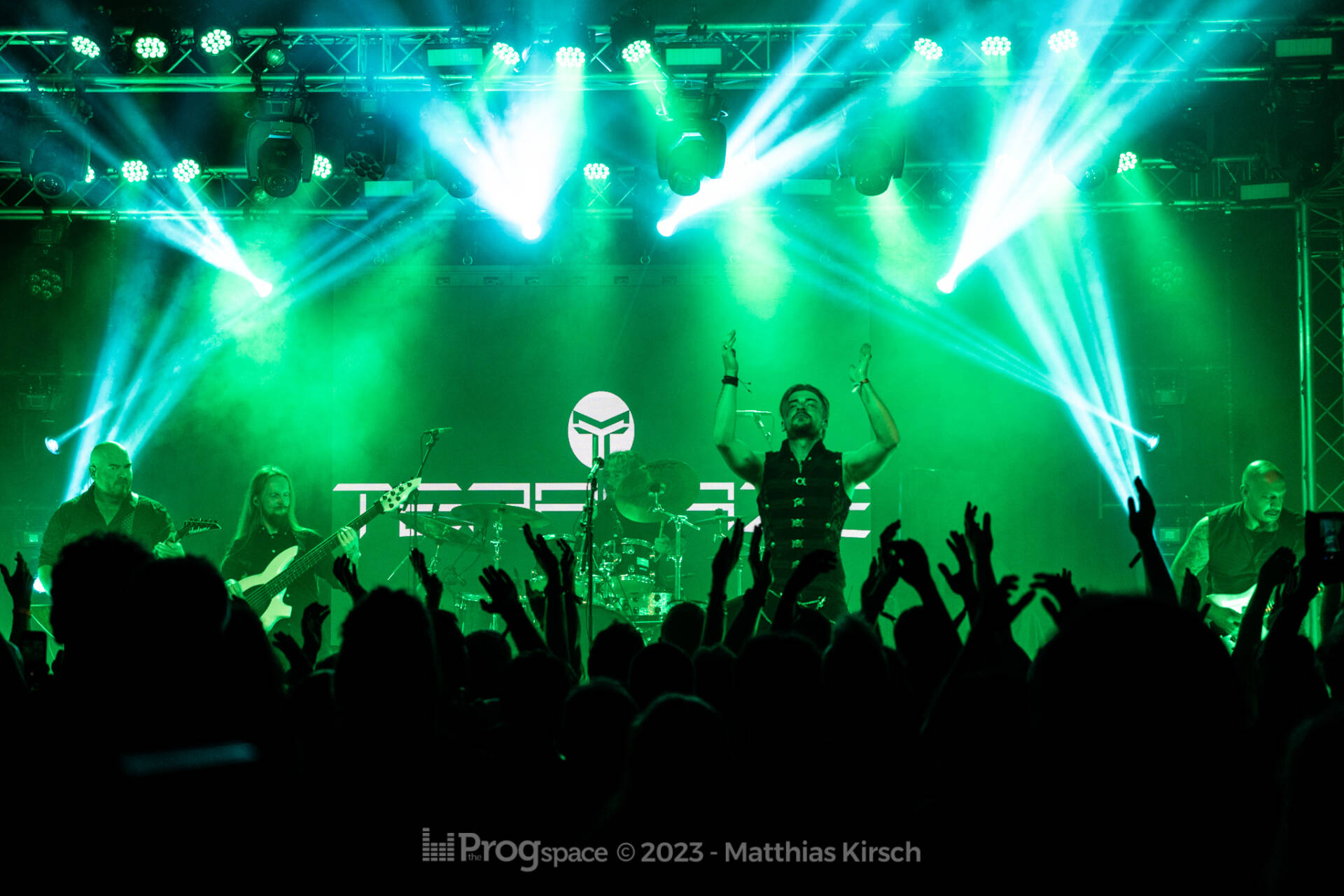
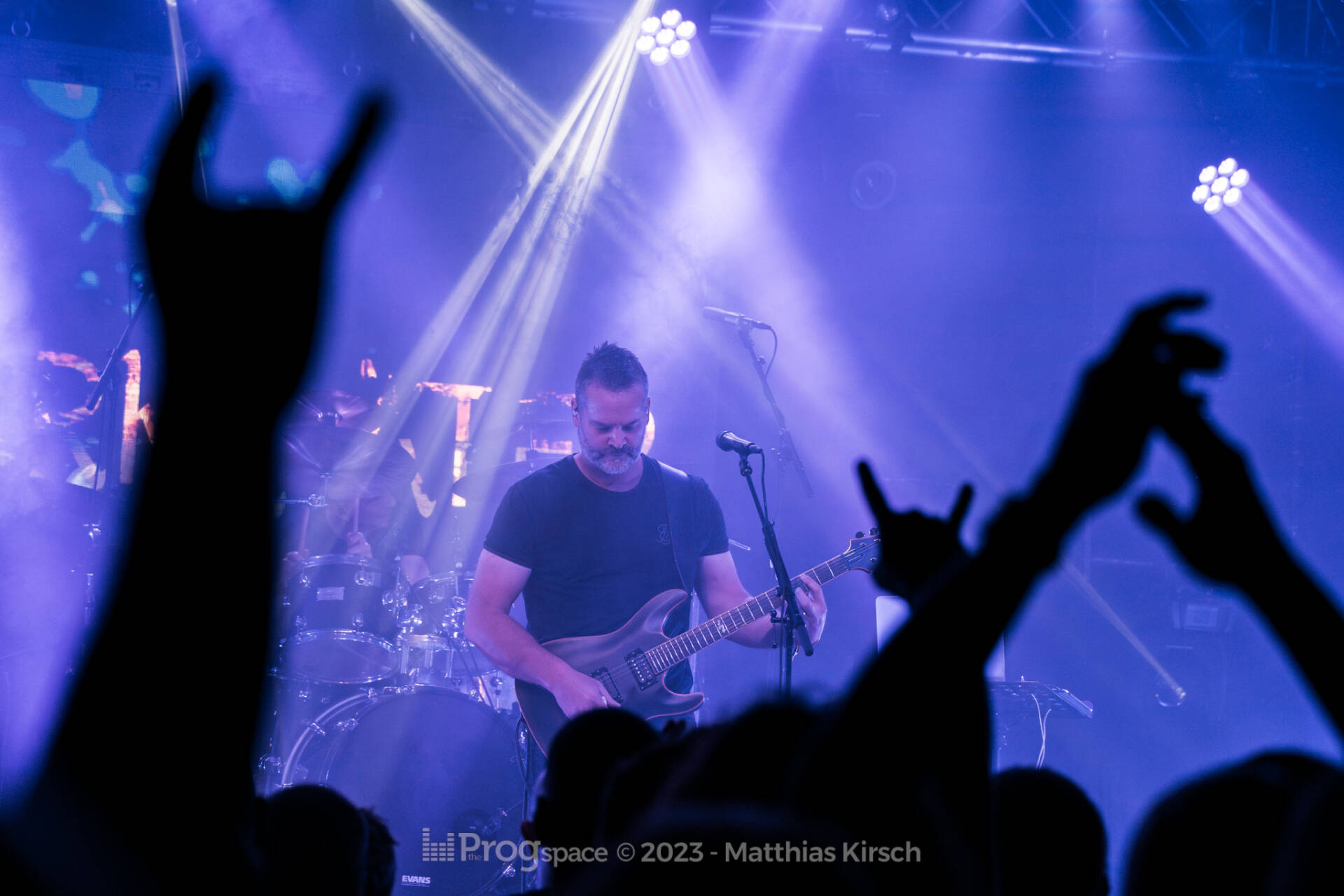
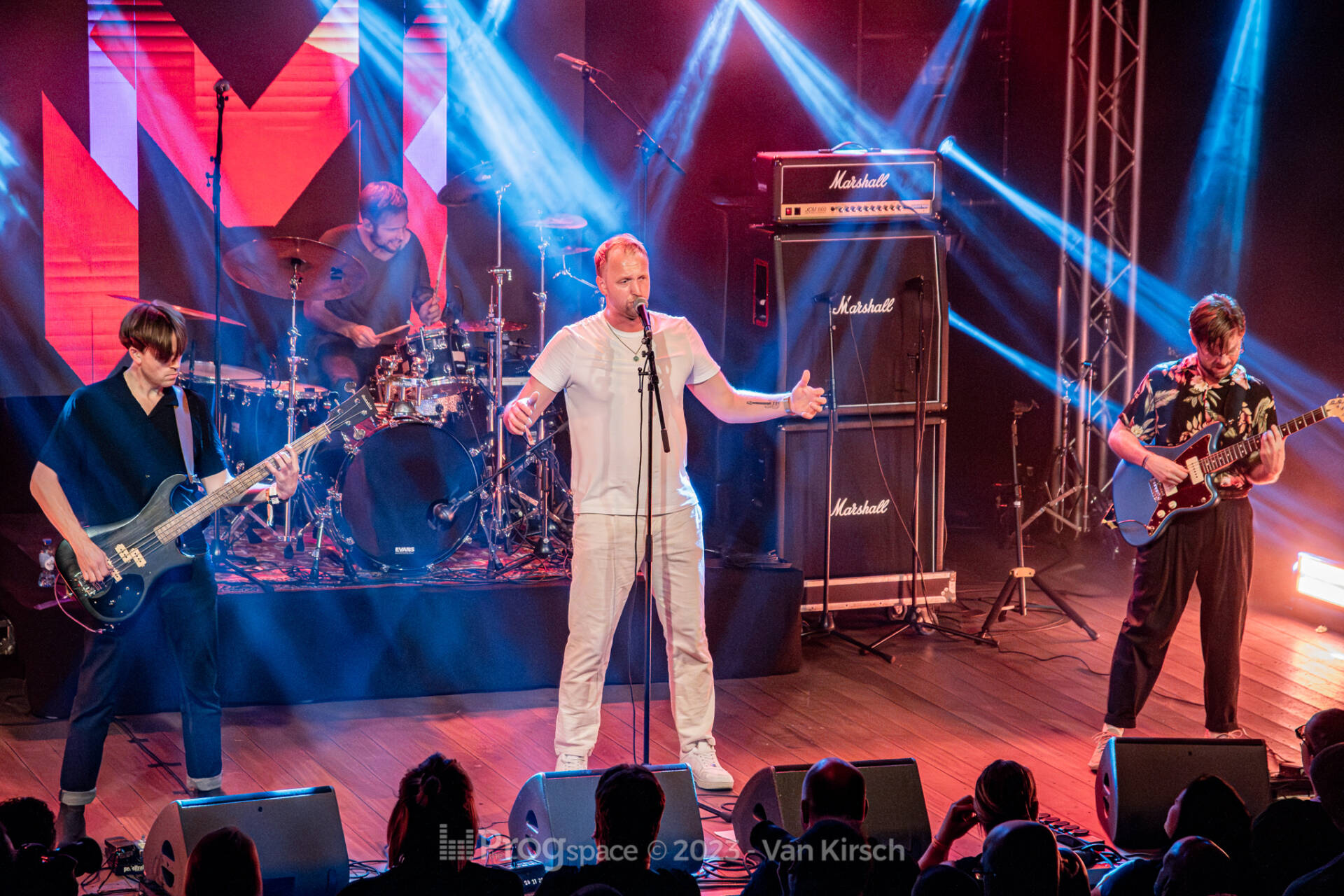
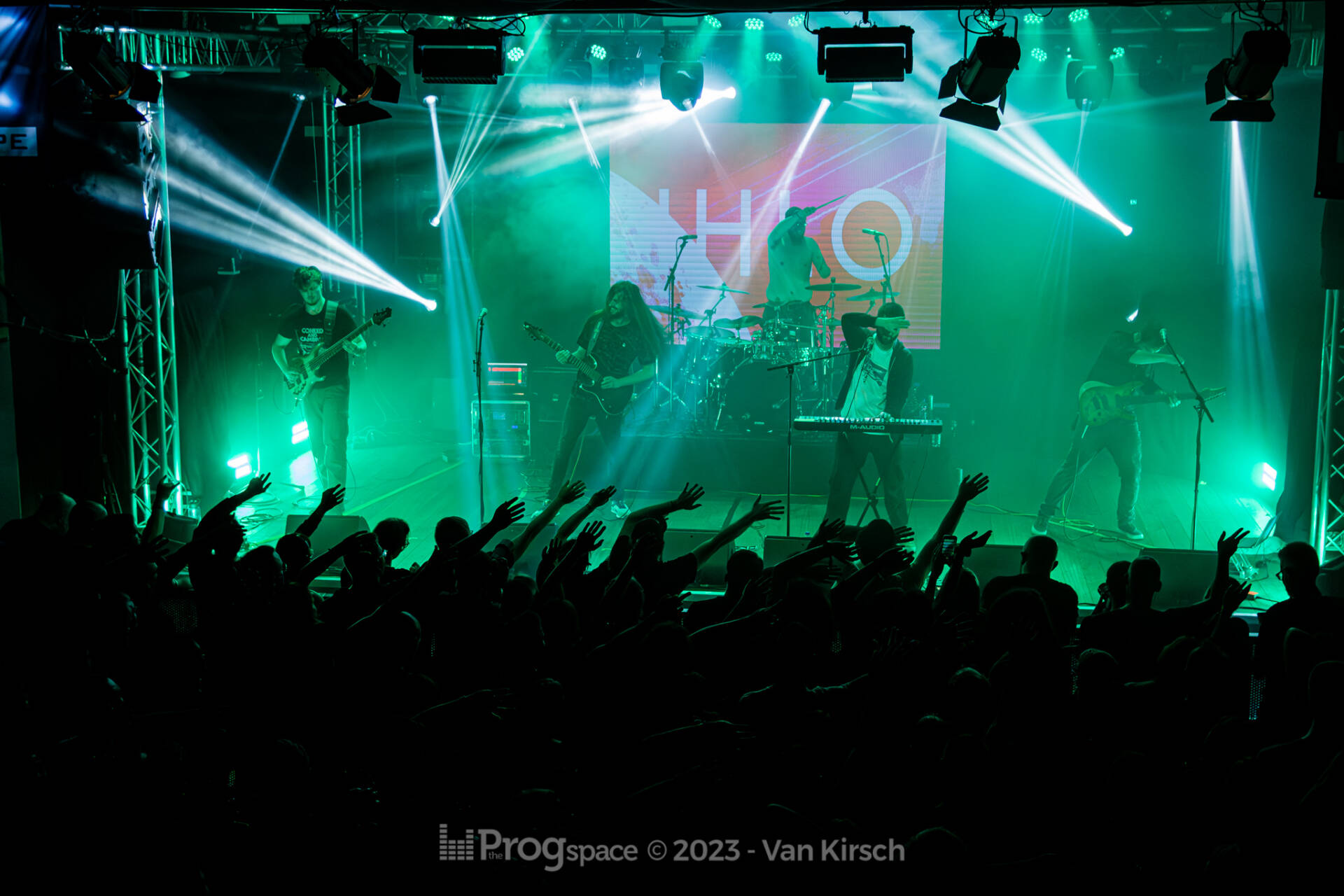
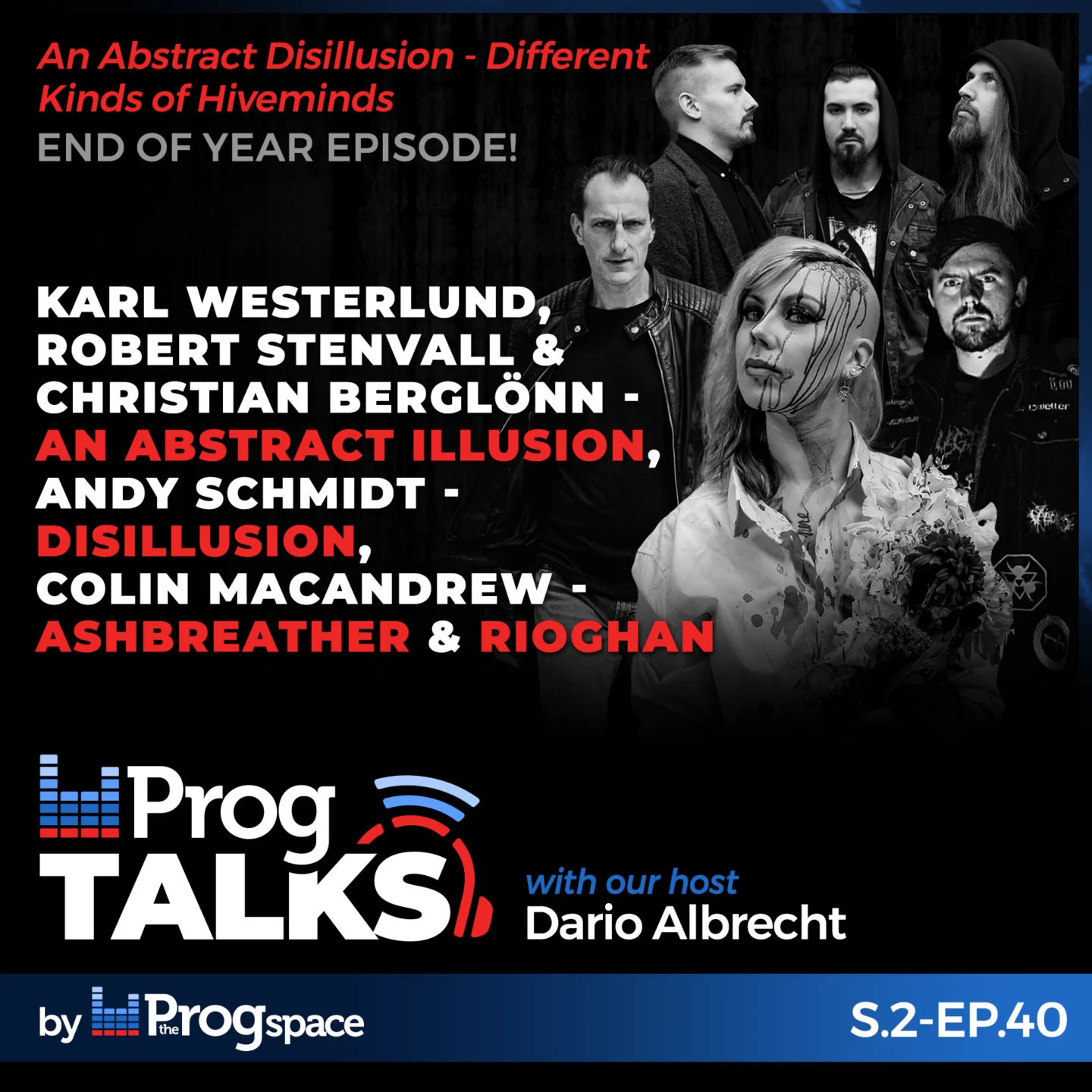
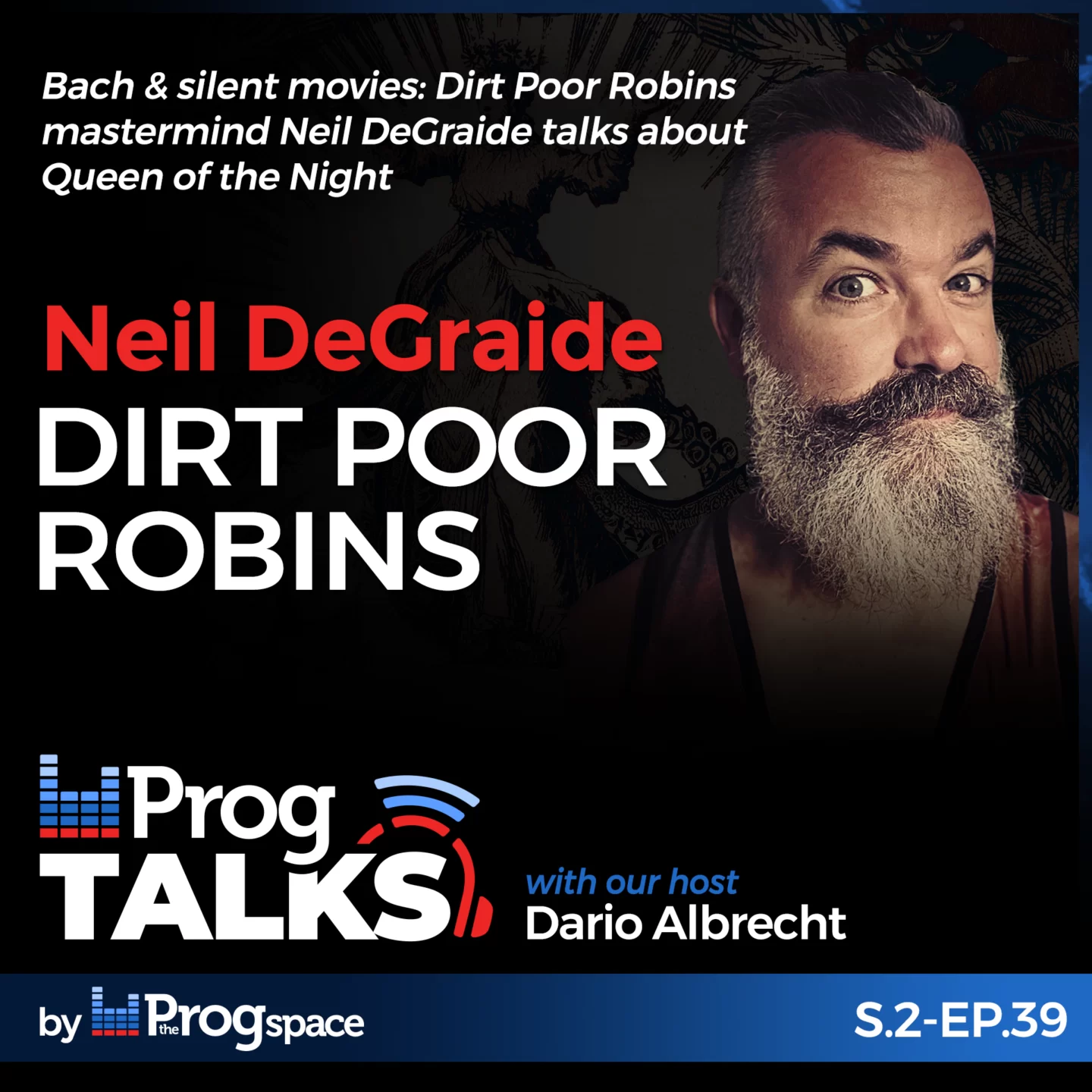
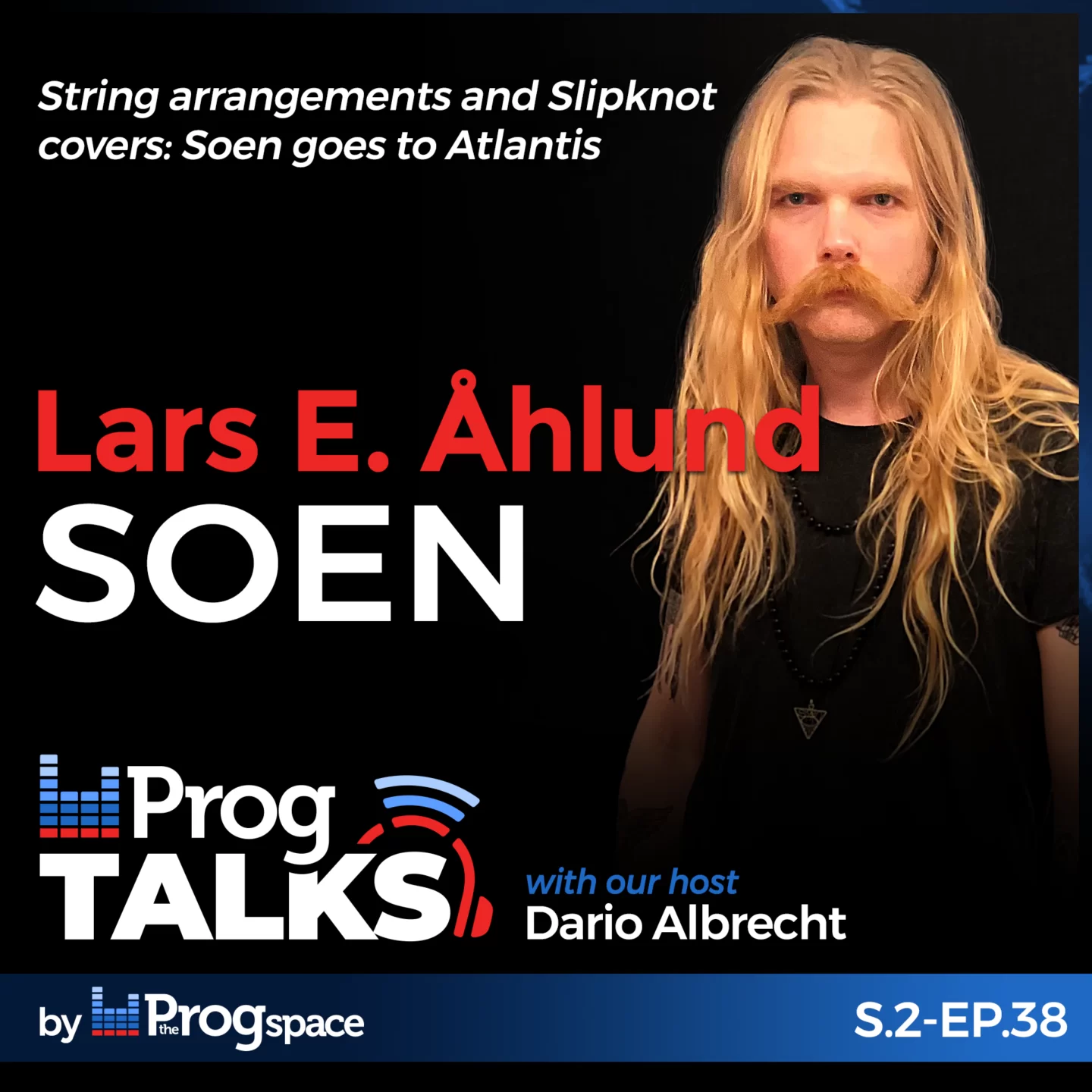
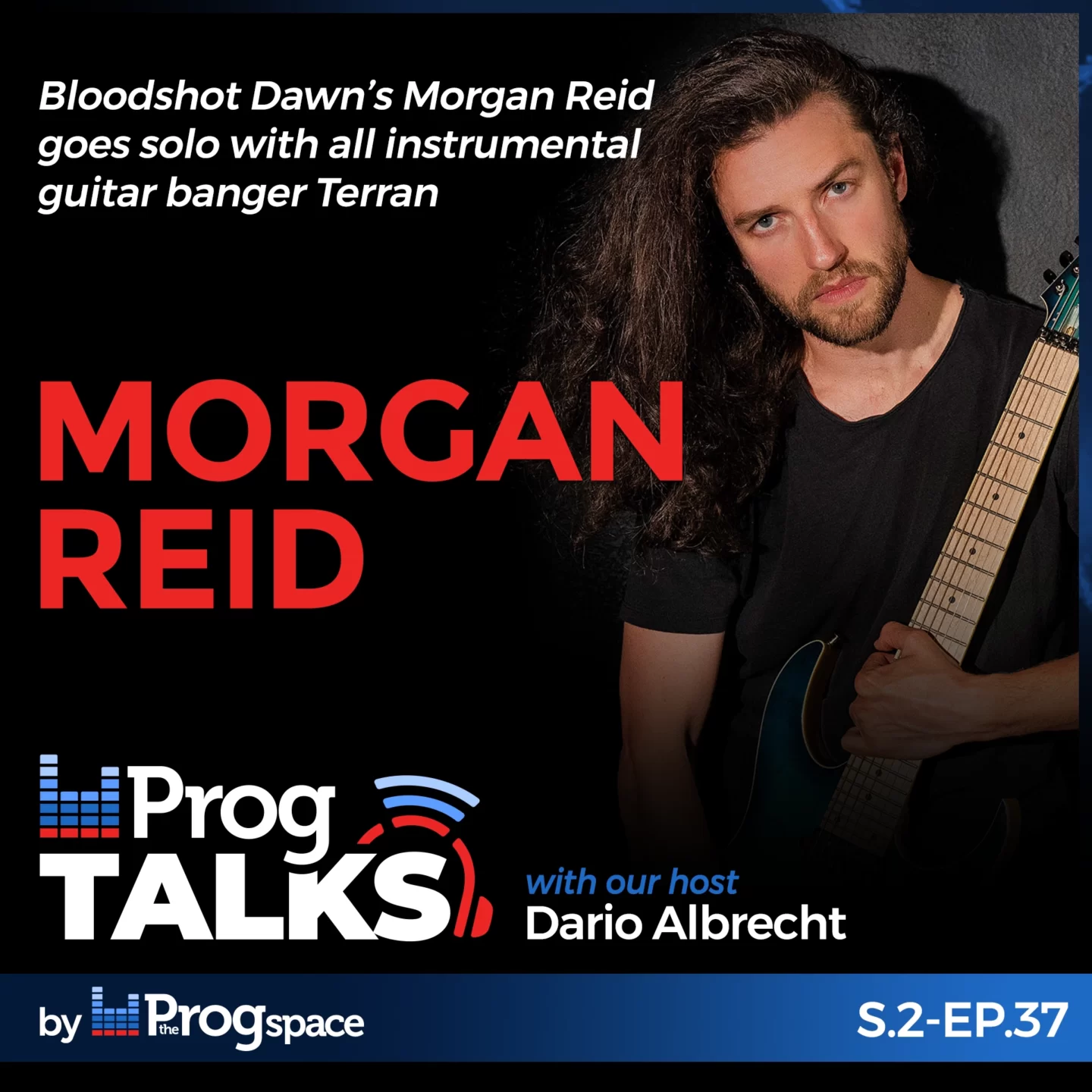
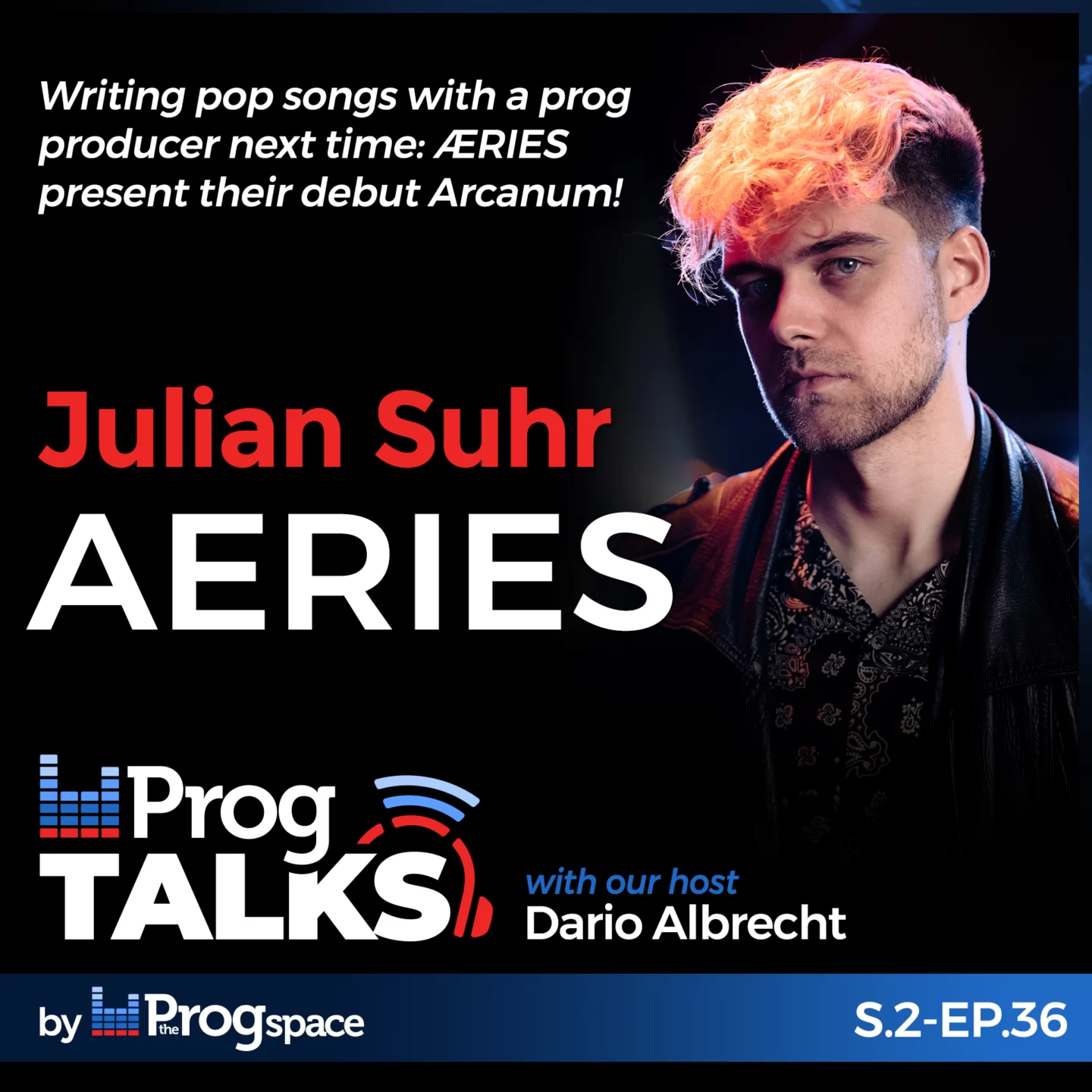
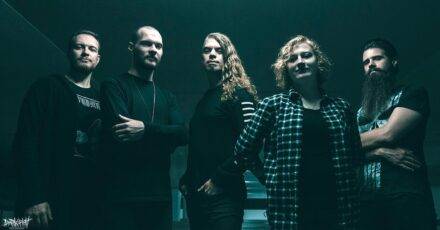

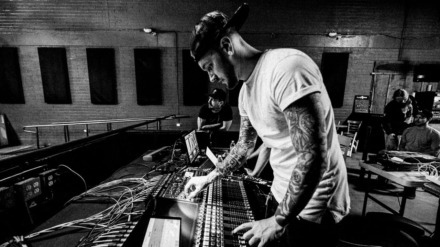



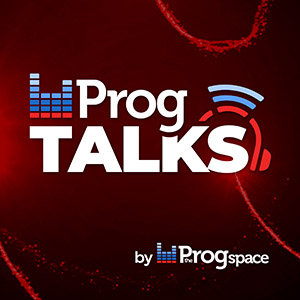
 We’re a group of Prog-lovers who started a journey to share with you our thoughts about albums, concerts, tours and festivals, the photo galleries of the Prog concerts we visit, as well interviews with upcoming or established musicians or prog-related people. Follow our Facebook page for frequent updates and news around the Progniverse.
We’re a group of Prog-lovers who started a journey to share with you our thoughts about albums, concerts, tours and festivals, the photo galleries of the Prog concerts we visit, as well interviews with upcoming or established musicians or prog-related people. Follow our Facebook page for frequent updates and news around the Progniverse.